Articles of Association
Download as PDFArticles of the German Datacenter Association e.V.
The German Datacenter Association e.V. is a registered association. All formalities - goals and purpose of the association as well as the duties and benefits of membership can be found in the statutes.
Download
Articles of the German Datacenter Association e.V. (GDA e.V.)
§ 1 Name, Domicile, Legal Form, Financial Year
The name of the association is the GERMAN DATACENTER ASSOCIATION, hereinafter referred to as the GDA. The GDA is domiciled in Frankfurt am Main. It is registered in the register of associations under number VR 16219 at the district court in Frankfurt am Main.
The GDA is an association within the meaning of Section 21 of the German Civil Code.
The financial year is the calendar year.
§ 2 Purpose and Tasks
(1) The GDA represents the common economic, legal, commercial and technical interests of the operators and owners of data centers in relation to the general public, business, politics and legislation and government at a German and international level.
(2) The association pursues the following general objectives:
- The development of a strong and efficient data centre industry in Germany
- Strengthening energy efficiency and sustainability in data centers
- The creation of jobs
- The strengthening of Germany as a location for data centers
- Development of standards within the sector
- Initiation and implementation of research projects
- Cooperation with all industry-related associations and organisations
(3) The association performs the following tasks to realise these purposes:
- National and international political lobbying
- Implementation of appropriate activities to represent the industry in public
- Representation of the industry in relation to fair/exhibition organisers, associations and social players
- Organisation and establishment of a permanent exchange between management and specialists and the associated strengthening of small and medium-sized enterprises
- Information of members of all industry-related developments, especially technology and market trends
- Implementation of appropriate activities to represent the industry in public
- Development and promotion of markets
- As part of its remit, in accordance with the Articles of Association, the GDA may provide individual consulting and other services for its members, including via subsidiaries, in return for consideration
- It may represent the interests of all members on its own behalf and release public statements for members
(4) The association is non-profit-making.
It does not primarily pursue its own economic purposes.
The association is politically and denominationally neutral.
§ 3 Membership
(1) The association has the following members:
Ordinary membership may be purchased by legal entities that
- operate/own hosting, colocation, edge and cloud data centers,
- operate/own data centers in industry, commerce, trade and services,
- operate public sector data centers and/or operate for public facilities.
- Research and training facilities, which can promote and support the purposes and objectives of the GDA.
- Public bodies, such as cities, municipalities and chambers, which can promote and support the purposes and objectives of GDA.
Membership is voluntary and requires companies to have a company domicile or business premises, within the meaning of Section 12 of the German Tax Code, in Germany.
Ordinary members also include individual adult “natural persons” as founding members.
(2) Upon application, the enlarged Board of Directors may also grant an extraordinary membership to companies and organisations that do not meet the requirements as defined in the Articles of Association, hereinafter referred to as “partners”. Partners should essentially promote and support the purposes and objectives of the GDA.
(3) Applicants must submit an application to the Management Board. Admission to the association must be applied for in writing and is decided on by the Board of Directors. The application may be rejected by the enlarged Board of Management by a simple majority without providing any reasons.
(4) The enlarged Board of Directors may establish personal memberships at its discretion if the person consents to the Board of Directors’ proposal. Personal members are distinguished by outstanding services for the industry. They do not have any voting rights.
(5) Honorary membership
- The Board of Directors has the right to bestow honorary memberships upon request
- On a proposal from the Board of Directors, the General Meeting may also appoint honorary members for life.
- Honorary members enjoy all rights of a regular member
- Honorary members are exempt from the obligation to pay admission fees, contributions and levies within the meaning of section 6 (2) below.
§ 4 Member Rights and Obligations
(1) Every ordinary member has the right for its owners, managing directors, supervisory boards and permanent employees to use GDA’s facilities and services.
The rights and duties of extraordinary and personal members are defined by the Board of Directors and may be adapted in the particular case.
(2) Members are bound to comply with resolutions adopted in accordance with the Articles of Association. They are also obliged to pay the specified fees and shares in costs in good time. Members must not pass confidential information on to third parties. The regulations in accordance with Section 8 of the Articles of Association apply for the voting right.
§ 5 Duration of Membership
(1) Membership commences with the majority decision of the Board of Directors and the enlarged Board of Directors on admission. The Board of Directors is also entitled to permit another time of admission. Retrospective admission does not include voting rights.
The Board of Directors is entitled to delegate these rights.
(2) Membership ends in the event of voluntary departure, the dissolution of the organisation, cessation of business activities, suspension of membership or death. Membership also ends if a proceeding in accordance with the German Insolvency Code is instigated in relation to a member’s assets, or the instigation of such a proceeding is rejected due to a lack of assets.
The Board of Directors may also suspend a member, if they breach the provisions of the Articles of Association, especially if they fail to meet their obligation to pay fees and their share in costs or if the member damages the GDA’s reputation. The member must be given the opportunity to comment prior to any suspension.
The Board of Directors may delegate this right.
(3) Every member may withdraw at the end of the year with a notice period of 6 months. The notice of termination must be submitted in writing.
Upon request, the Board of Directors may decide to reduce the notice period in each specific case. Members that withdraw or are suspended lose any entitlements on their date of withdrawal.
Any reimbursement of fees and other payments made is excluded.
(4) Membership may be terminated by exclusion, which may be affected based on a corresponding resolution of the (extended) Executive Committee, if the member has not fulfilled its subscription obligations to the Association six months after the due date despite repeated written reminders or if there is any other important reason.
§ 6 Fees
(1) The following resources are available to the association for the fulfilment of its tasks
- Annual membership fees
- other grants and income
(2) The obligation to contribute exists in each case for the full current calendar year (1 January to 31 December) and, in the case of a declaration of resignation, also for the calendar year in which the declaration of resignation becomes legally effective § 5 (3). The annual contributions may be re-determined for each coming financial year. Contributions are collected annually and must be paid in advance on 10th of January of each year.
(3) For members and partners who apply for membership in the second half of a calendar year, the membership fee for the year of joining is reduced to half of the membership fee applicable to them. Premium members, research, educational institutions and municipalities are excluded from this.
§ 7 Bodies
The bodies are the
- General Meeting
- Board of Directors
- Enlarged Board of Directors
- Advisory board
§ 8 General Meeting
(1) As the GDA’s governing body, the General Meeting effectively decides on all issues that affect the GDA as well as on applications by the Board of Directors.
(2) The General Meeting is responsible for:
- Election of the Board of Directors in accordance to Section 26 BGB and the enlarged Board of Directors
- Adoption of the Annual Economic Plan
- Election and dismissal of members of the Advisory Board
- Election of the cash auditor
- Amendments to the Articles of Association,
- The membership fee regulations,
- The dissolution of the GDA,
- Approving the actions of the Board of Directors and the enlarged Board of Directors.
It is held at least once every financial year or at the request of 30% of the members. The request must be submitted to the chairperson in writing, indicating the purpose and the reasons. The same provisions apply to their appointment and implementation as to the ordinary general meeting.
(3) Invitations are sent by way of electronic communication. It must contain the time and place of the meeting and the agenda. It must be communicated at least 4 weeks before the meeting date. The invitation is deemed to have been received once it has been published on the GDA website at www.germandatacenters.com. A convocation in text form does not require the handwritten signature of the authorised individual. Any ordinary member may request an addition to the agenda in text form until no later than 2 weeks prior to the meeting.
The Board of Directors decides on any addition to the agenda at its discretion. An addition to the agenda must take place if this is requested by at least a tenth of members.
(4) The General Meeting is convened and conducted by the chairperson or their deputy if the chairperson is not available. A different chair of the General Meeting may be determined at the request of at least two-thirds of the attending members.
(5) Every ordinary and extraordinary member has one vote in the General Meeting. Representation by another ordinary or extraordinary member is possible by way of a simple, written authorisation. An ordinary or extraordinary member may represent no more than two other members.
(6) The General Meeting constitutes a quorum without regard to the number of participants. It reaches its decisions by way of a simple majority of the votes cast. Amendments to the Articles of Association and the dissolution of the GDA require the approval of two-thirds of the votes cast. Abstentions, votes not cast and invalid votes shall not be assessed in calculating the majorities, irrespective of the selected voting procedure. The chair of the meeting determines the outcome of the vote.
(7) In elections, every ordinary and extraordinary member participating in the vote has one vote for every office to be assigned. The chair of the meeting can decide to hold the election via negative notes and as a list-based system. The individual that receives the majority of the votes cast shall be elected; in the event of a tie, a run-off vote is held. If this also does not provide an outcome, the election shall be decided by drawing lots. Every ordinary and extraordinary member has a right of nomination for elections for the Board of Directors and the enlarged Board of Directors. The nominations must be received by the Board of Directors 8 weeks prior to the General Meeting.
(8)Minutes must be prepared of elections and resolutions, which are signed by the chair of the meeting. If the general meeting is carried out as a virtual meeting, the minutes are drawn up and certified by the chair of the meeting.
§ 9 Board of Directors
(1) The Board of Directors of the GDA, in accordance with Section 26 of the German Civil Code, consists of a Chairman and a Vice-chairman. Each of them represents the association individually.
(2) The enlarged Board of Directors includes the Chairman and Vice-Chairman as well as up to 6 other elected Members of the Board of Directors. The enlarged Board of Directors regulates the responsibilities of the members of the enlarged Board of Directors.
(3) Membership in the Board of Directors and enlarged Board of Directors is personal and is an honorary function. The term of office of the Board of Directors and enlarged Board of Directors amounts to 3 years; it starts and ends with the announcement of the outcome of the election. Re-election is permitted.
(4) The office of a member of the Board of Directors and enlarged Board of Directors expires upon resignation, death, the election of a successor, the end of membership or recall by the General Meeting. If a member of the Board of Directors resigns during their term of office, the Board of Directors may appoint a member of the Board of Directors for the remaining term of office.
(5) The Board of Directors is responsible for all GDA matters unless they are regulated by statutory provisions or the Articles of Association. In particular, it is responsible for:
- preparing the annual budget
- approval of the annual accounts
- admitting and suspending ordinary, personal and honorary members
- concluding the necessary contracts for the association’s Management Board
- the convening of the General Meeting
- the legal representation of the association to third
(6)The enlarged Board of Directors is responsible for:
- Admission and exclusion of ordinary, extraordinary and personal members
- Appointment of honorary members
- Supporting the Board of Directors in its activities
(7) Invitations to meetings of the enlarged Board of Directors are sent by the chairperson with a notice period of 1 week. The form and content must comply with the rules specified in Section 8. The meeting is conducted by the chairperson or the deputy if the chairperson is not available. The enlarged Board of Directors constitutes a quorum if half of its members participate in the resolution. It reaches decisions by way of a simple majority of the votes cast; in case of a tie, the chairperson has the casting vote. Minutes must be prepared for the resolutions and archived by the Management Board.
§ 10 Advisory Board
(1)The Board of Directors may convene an advisory board.
(2)The advisory board consists of up to five members of the association. The Advisory Board is elected by the General Meeting for a term of three years. The election is made in one ballot (total election).
The five candidates who receive the most of the valid votes cast are elected. The accumulation of votes on a candidate is not permitted. For the candidacy for election as an advisory board member, the provisions in Section 8 paragraph 7 apply accordingly. In the event of the resignation of an advisory board member from the association, the Advisory Board shall continue to operate with a reduced number until the next general meeting or it will proceed in accordance with Section 9 paragraph 3.
(3) The tasks of the Advisory Board are:
- advising the Board of Directors and the enlarged Board of Directors
- active member acquisition
(4) The Advisory Board shall have a quorum if at least three members are present. Decisions shall be taken by a majority of the valid votes cast. Abstentions shall not be counted in the calculation of the majority.
(5) For the termination of the office as a member of the Advisory Board, in the cases of termination of membership in the association, section 9 paragraph 6 shall apply accordingly.
§ 11 Management Board
The Board of Directors may appoint a Management Board to handle the GDA’s ongoing tasks. The Management Board operates in accordance with the instructions issued by the Board of Directors; the chairperson has the right to issue instructions under labour law. The Board of Directors decides on any appointment/assignment as well as any dismissal.
§ 12 Committees
(1) The Board of Directors may establish committees to cooperate with companies, associations and other organisations, which may not be members in accordance with the Articles of Association. Any ordinary member may also become a member of a committee.
(2) Committees may be established for specialist as well as regional topics.
(3) Committees elect a chairperson from amongst their midst, who is responsible for reporting to the Board of Directors.
§ 13 Reimbursement of Expenses
(1) The Bodies in accordance with Section 7 and employees are entitled to the reimbursement of expenses in accordance with Section 670 of the German Civil Code for expenses that arise during their activities for the association. These particularly include travel expenses, postage, telephone, copying and printing costs. The association’s members who are not Bodies in accordance with Section 7 and to whom the Board of Directors or the enlarged Board of Directors assigns tasks of the association for performance are entitled to compensation for expenses incurred in connection with the task assigned to them or which have otherwise arisen in connection with this activity. The Travel Expenses Directive of the Board of Directors regulates further details.
(2) The Board of Directors may stipulate expense allowances by way of a resolution, to the extent possible under tax law. Further details on the association are regulated by the association‘s Financial Regulations.
§ 14 Amendment of the Articles of Association and Dissolution of the GDA
(1) Applications to amend the Articles of Association or to dissolve the GDA may be submitted to the chairperson by a third of the members, in writing, indicating the reasons, with a notice period of 4 weeks.
(2) In the event of the dissolution of the GDA, the final General Meeting decides on the assets remaining after deducting all liabilities. The approval of the competent tax authority must be obtained prior to any implementation.
Frankfurt, 15th of April, 2021



![[Translate to Englisch:] CyrusOne](/fileadmin/images/logos/CyrusOne_hz_1c_pos_rgb.png)
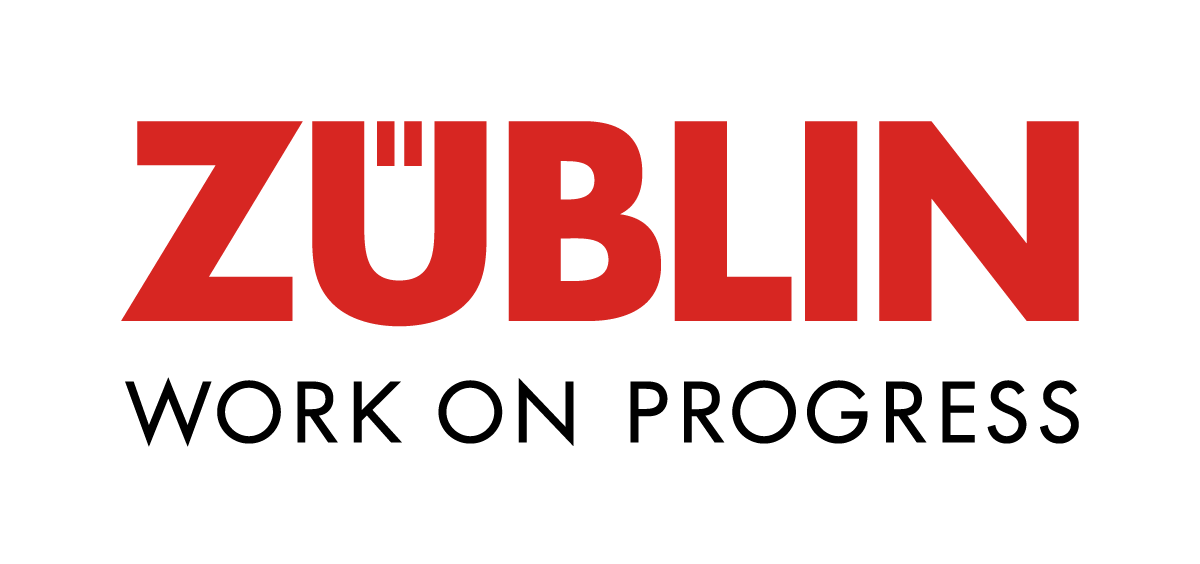
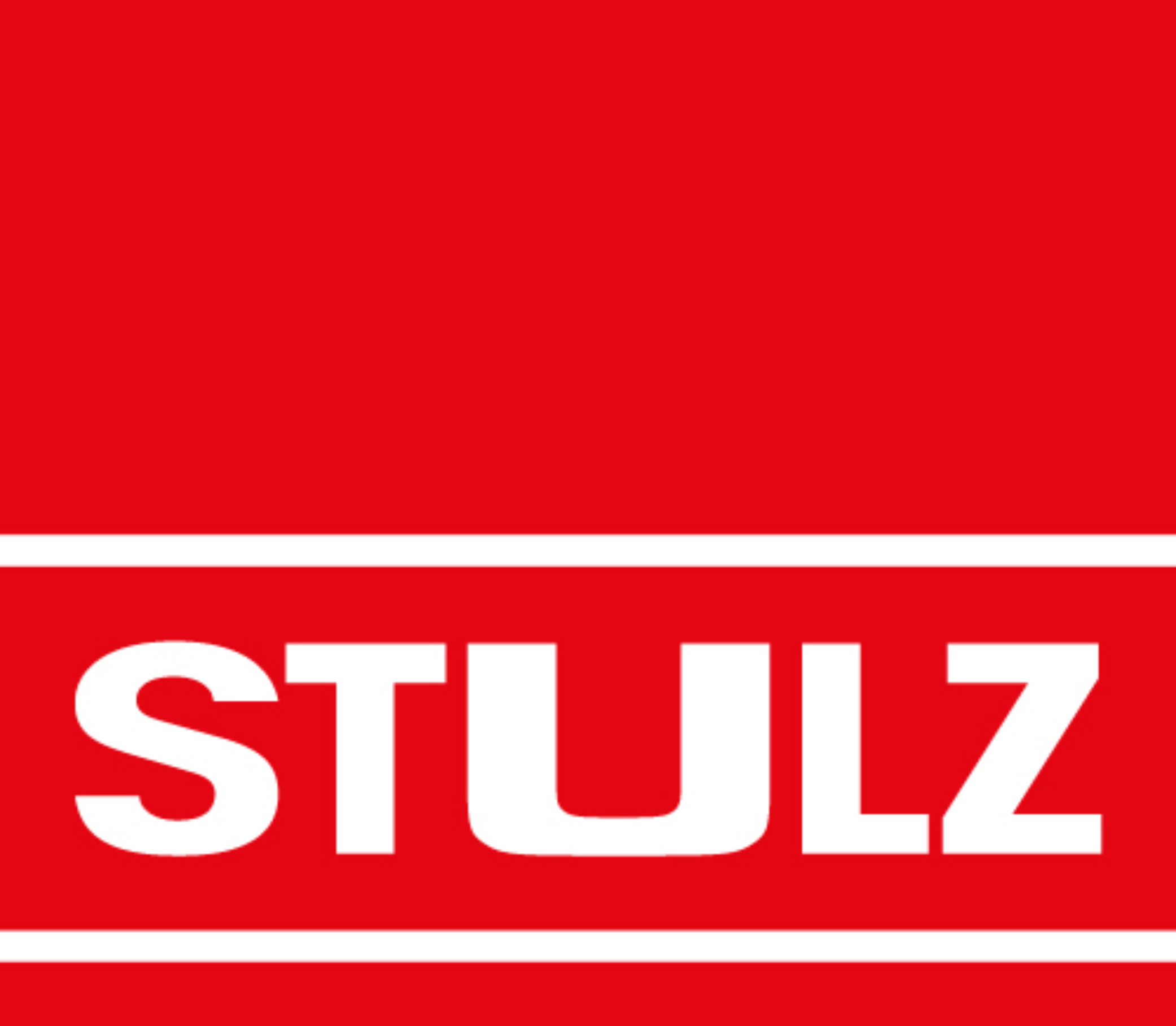





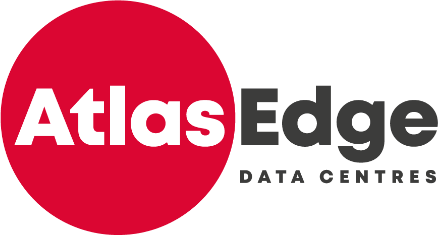
![[Translate to Englisch:] atNorth](/fileadmin/images/logos/atNorth-400px.png)

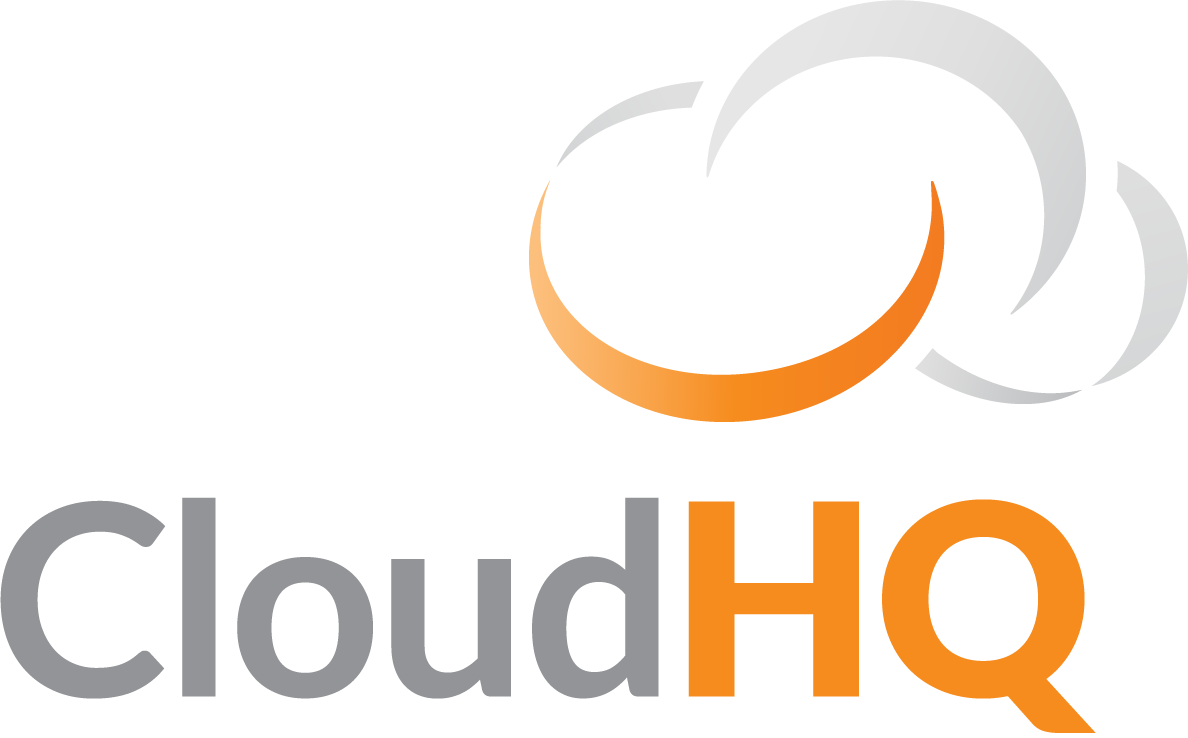

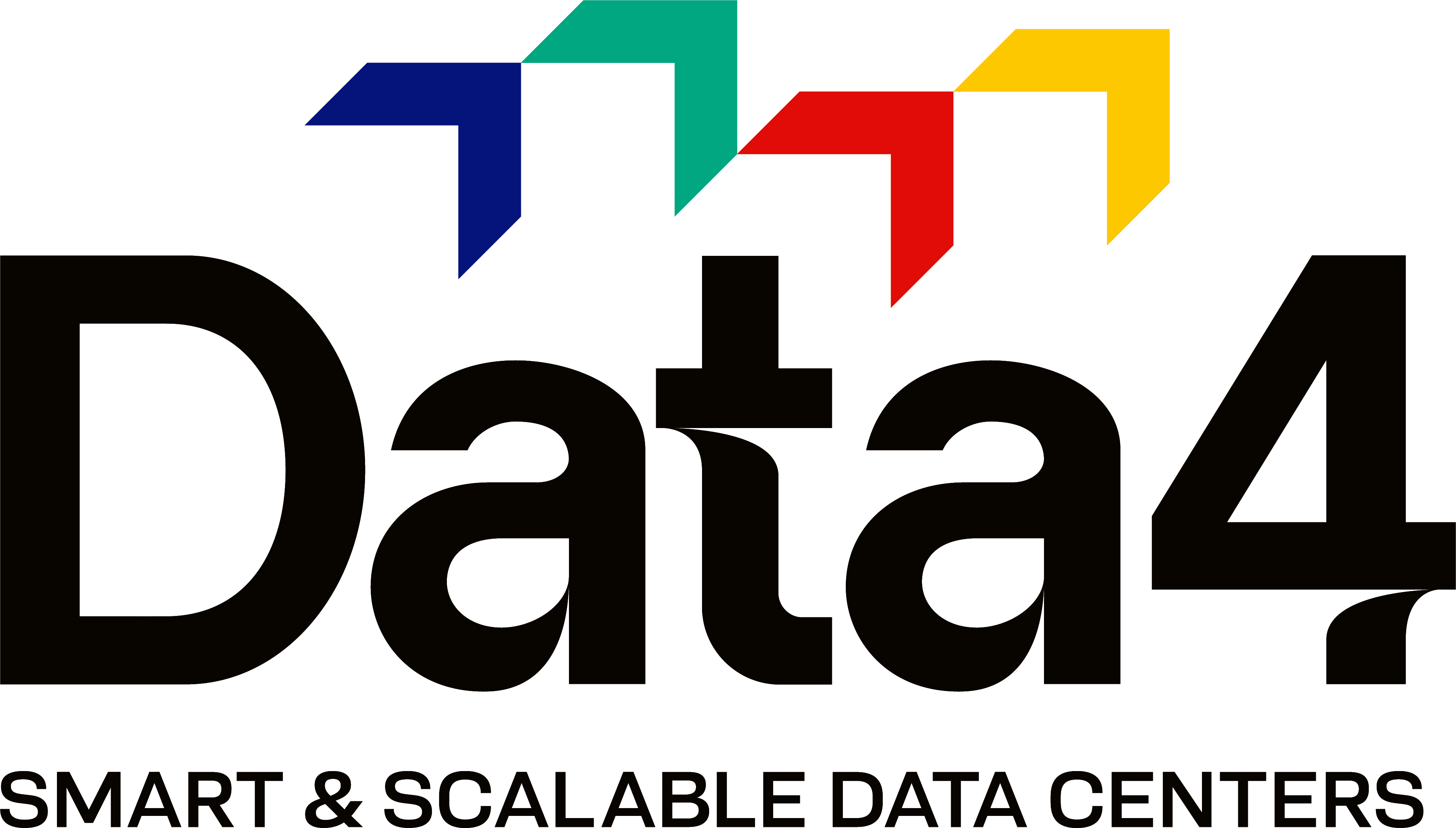
![[Translate to Englisch:] Datacenter One GmbH](/fileadmin/images/logos/DC1-Logo.svg)
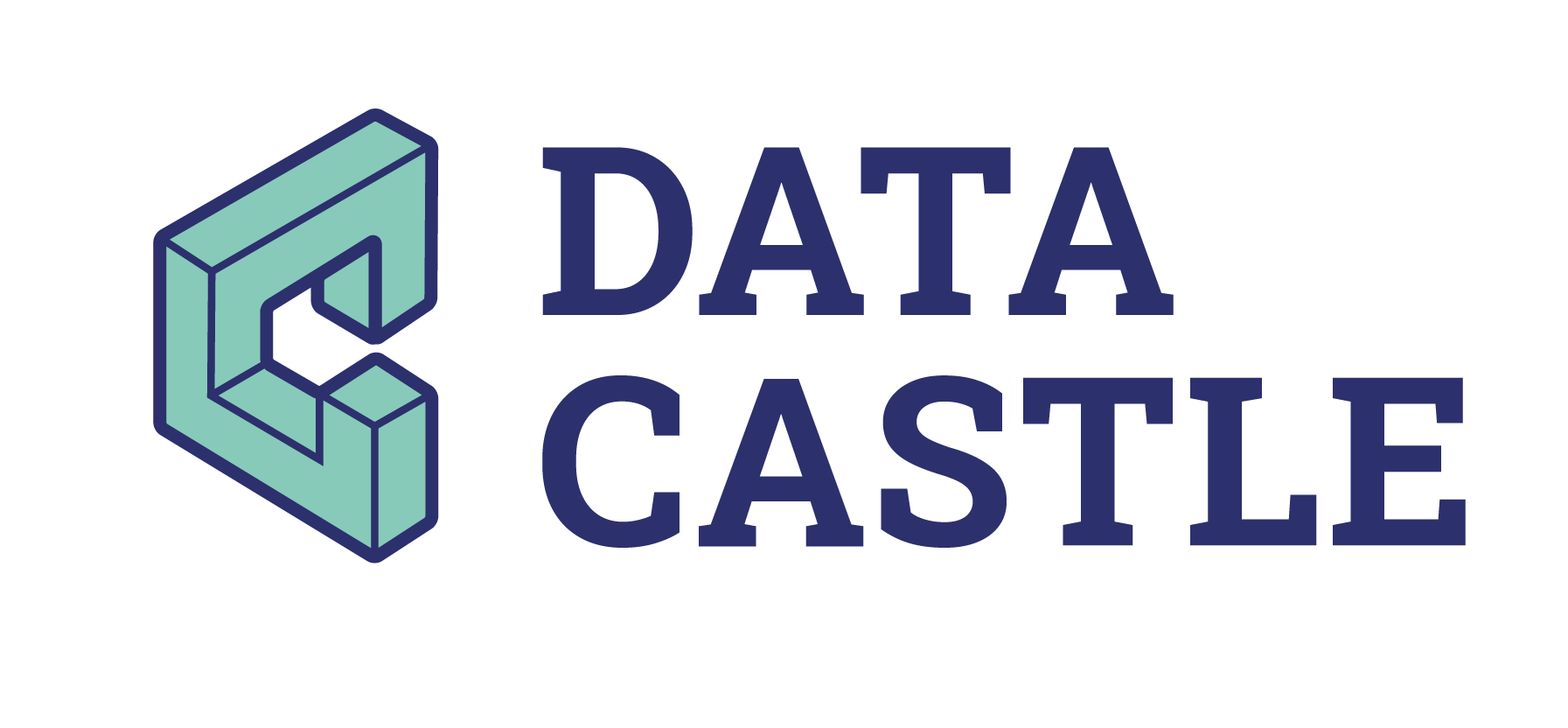

![[Translate to Englisch:] Equinix](/fileadmin/images/logos/EQIX-CircleR-RGB__1_.png)
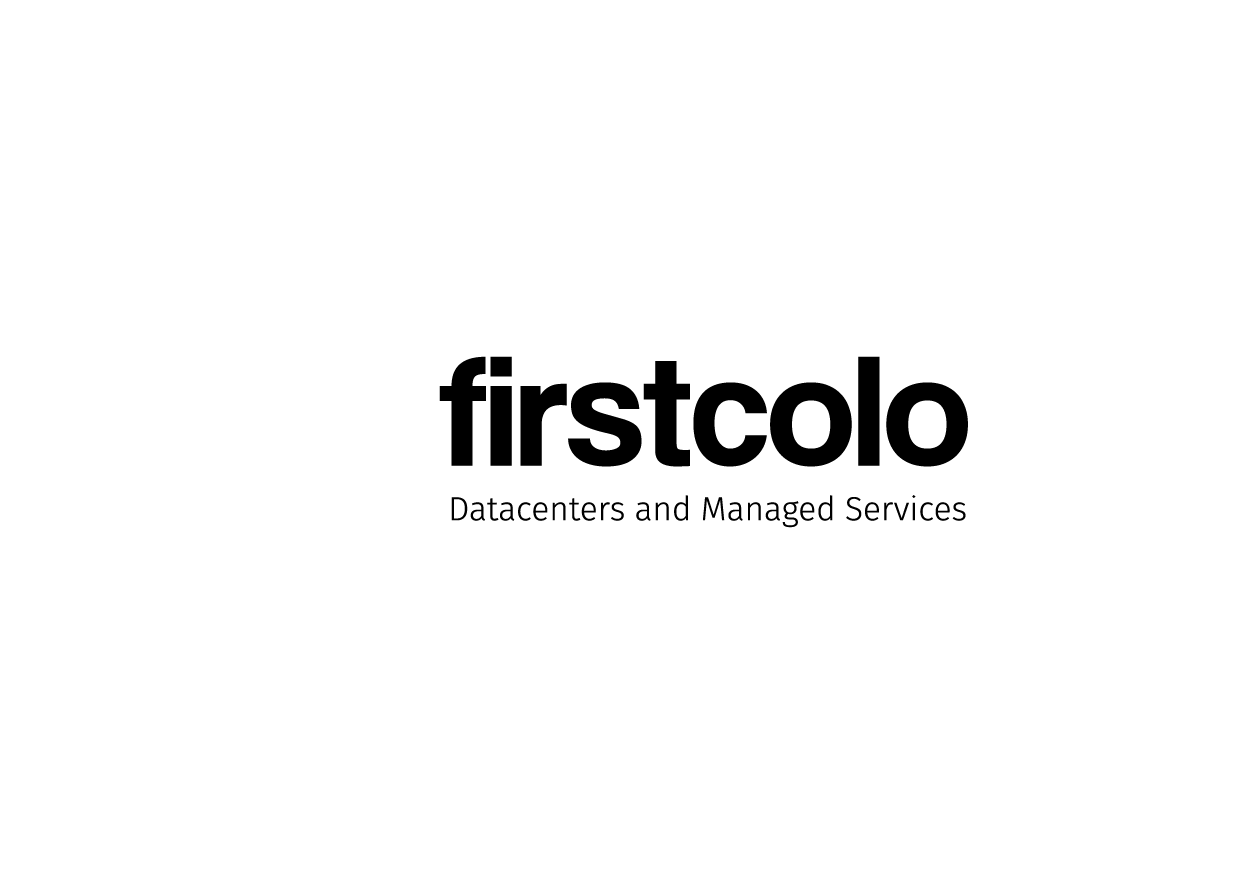




![[Translate to Englisch:] GRASS-MERKUR GmbH & Co. KG](/fileadmin/images/logos/GrassMerkur-1.png)


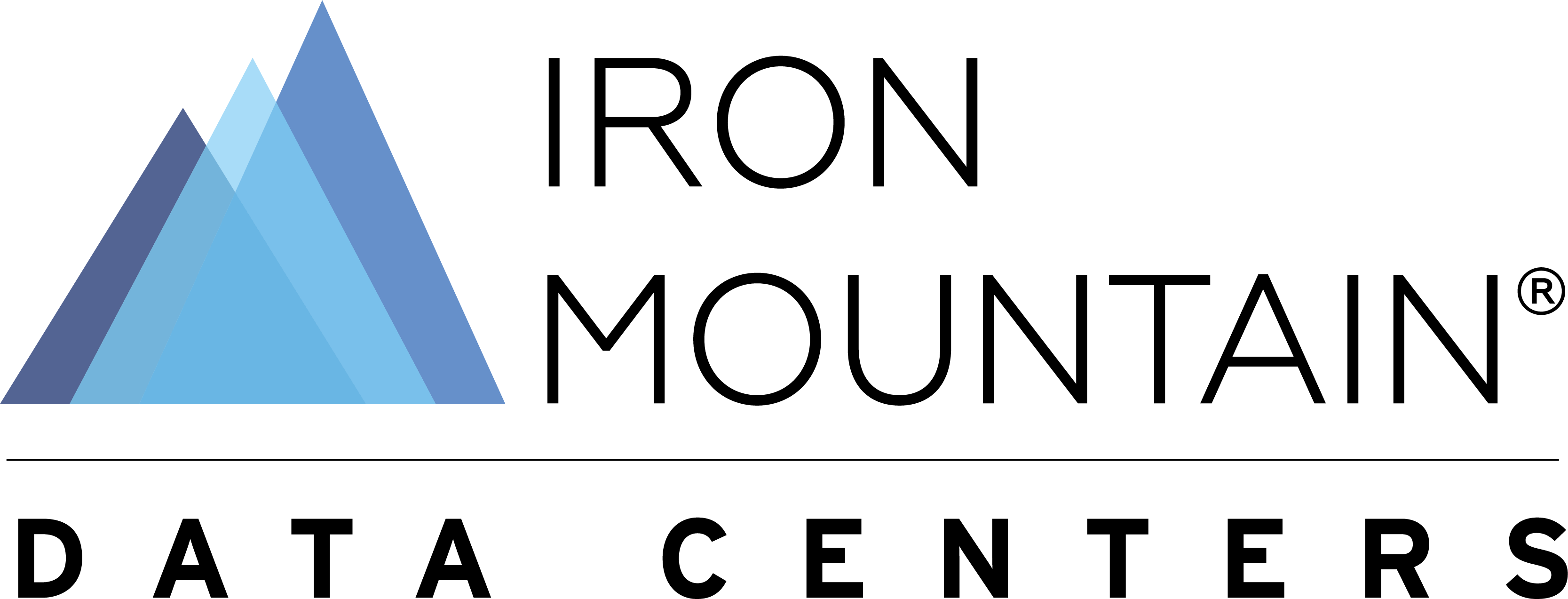
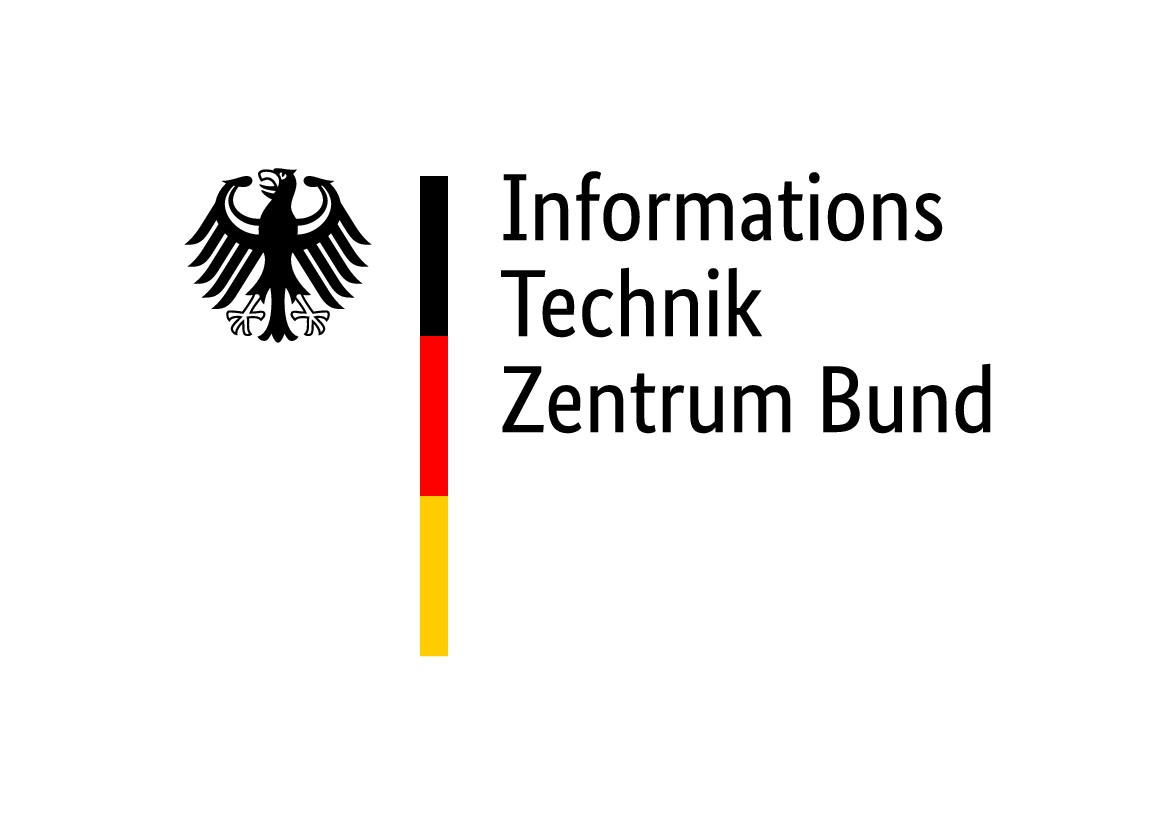


![[Translate to Englisch:] Mainova Webhouse GmbH & Co. KG](/fileadmin/images/logos/200917_MNV_WebHouse_RGB_pos.png)
![[Translate to Englisch:] NDC-GARBE Data Centers Europe GmbH NDC Garbe Datacenters Europe](/fileadmin/images/logos/logo-ndc-blue.svg)
![[Translate to Englisch:] NewTelco](/fileadmin/images/logos/NewTelco_LOGO.png)

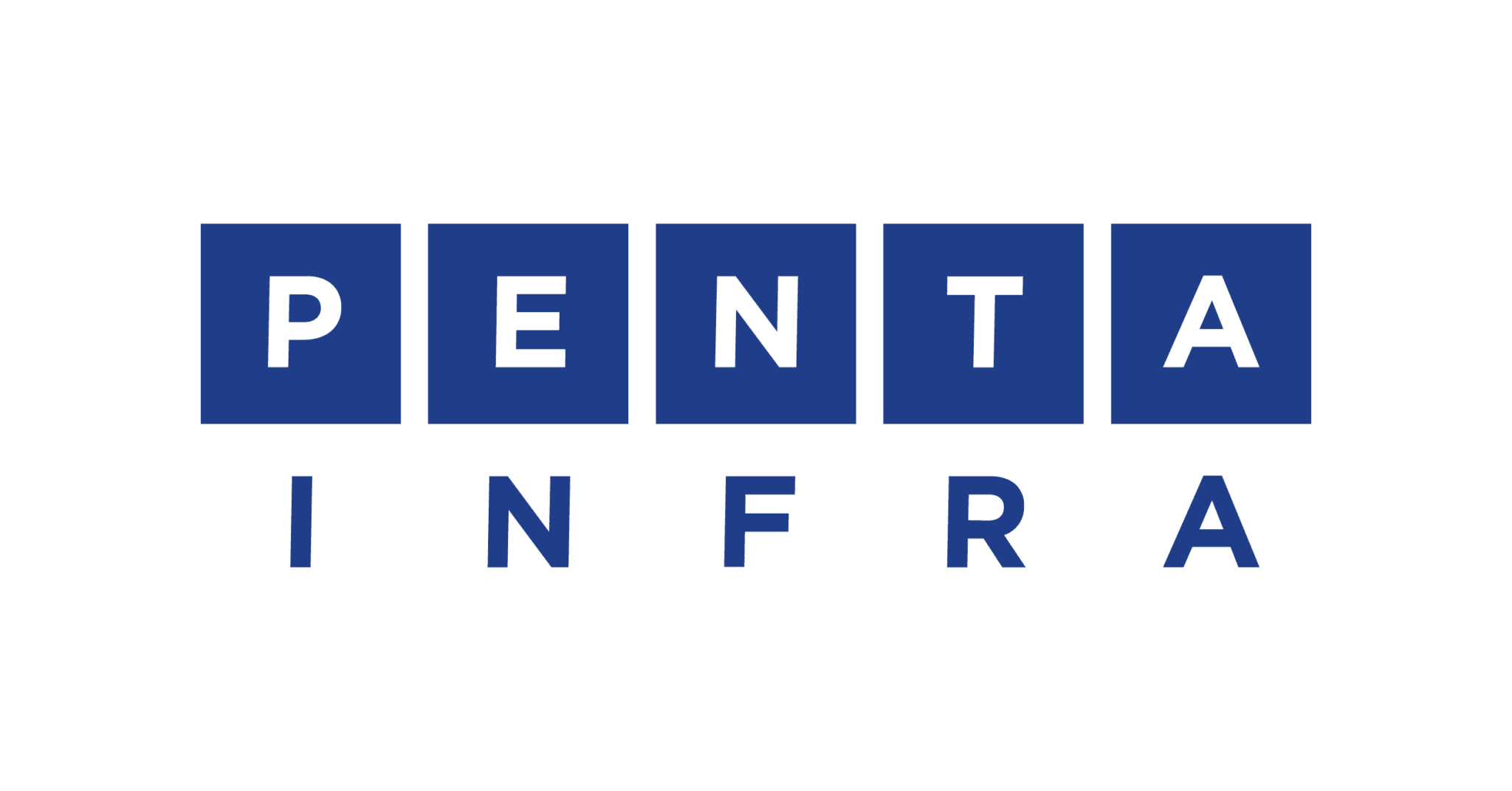
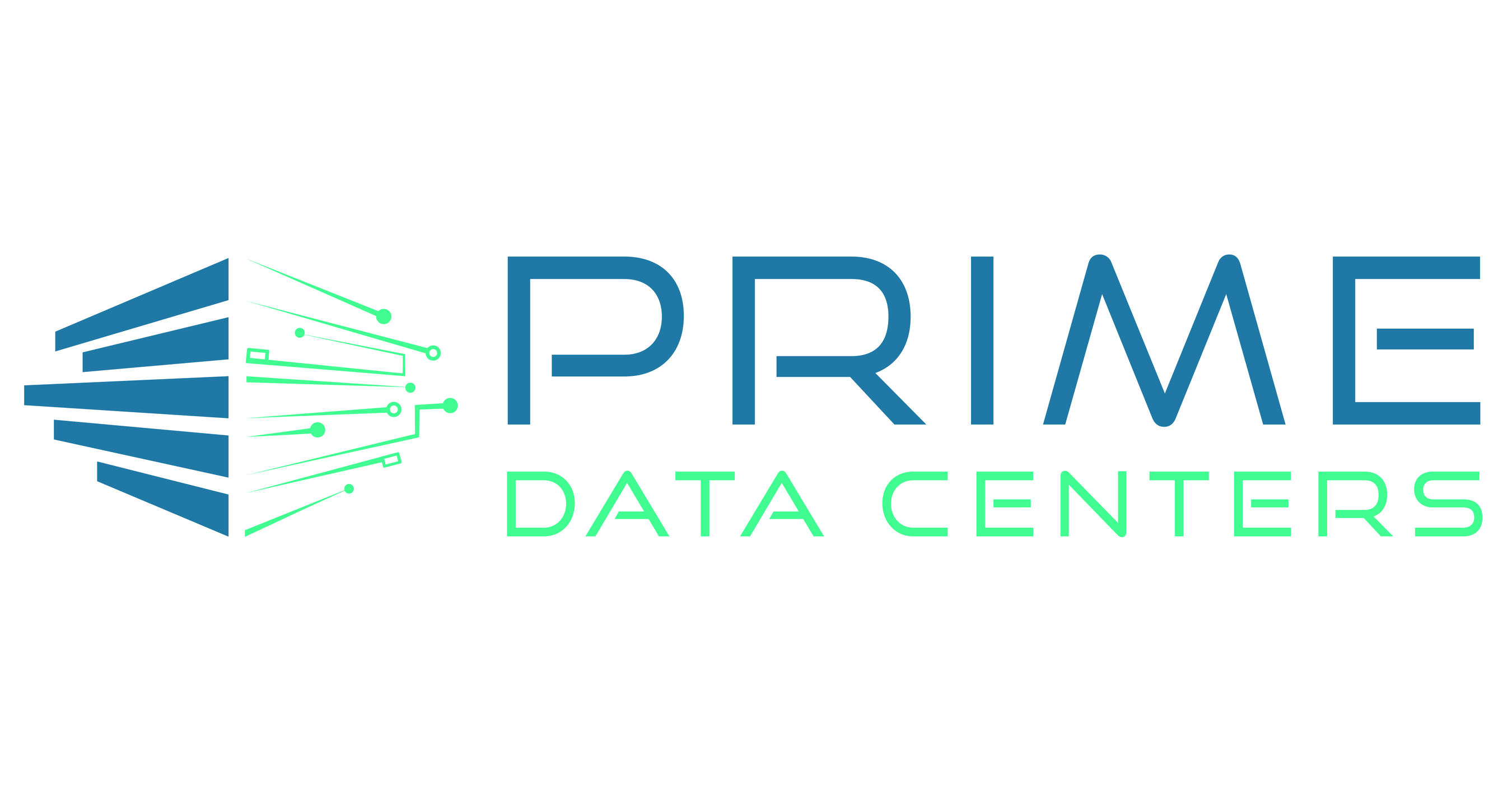

![[Translate to Englisch:] rockenstein AG](/fileadmin/images/logos/rockenstein.png)

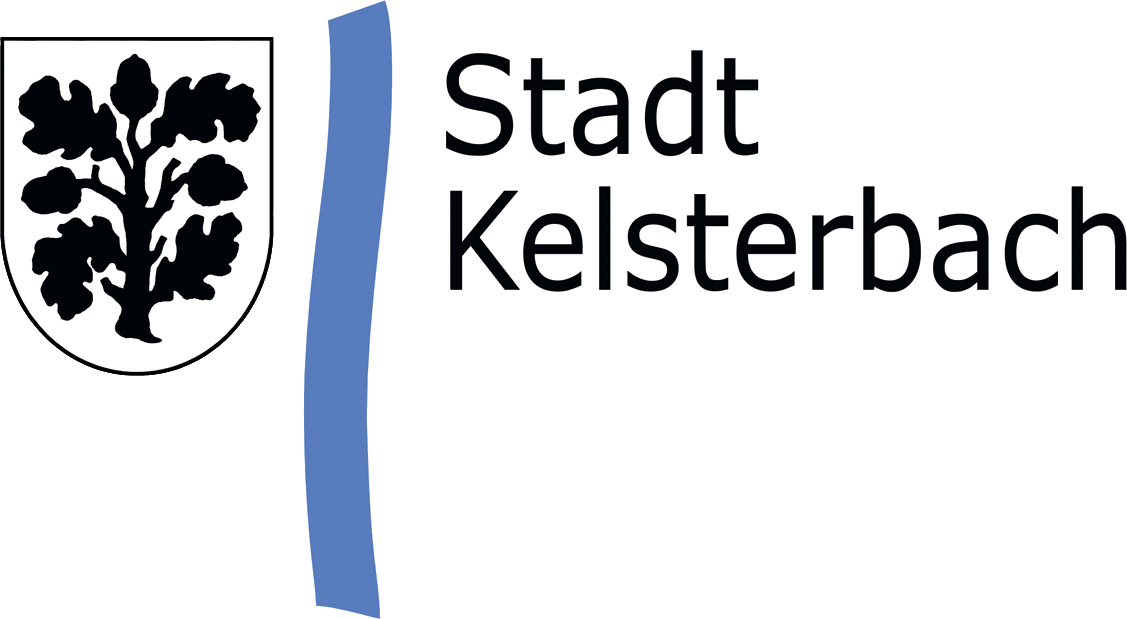
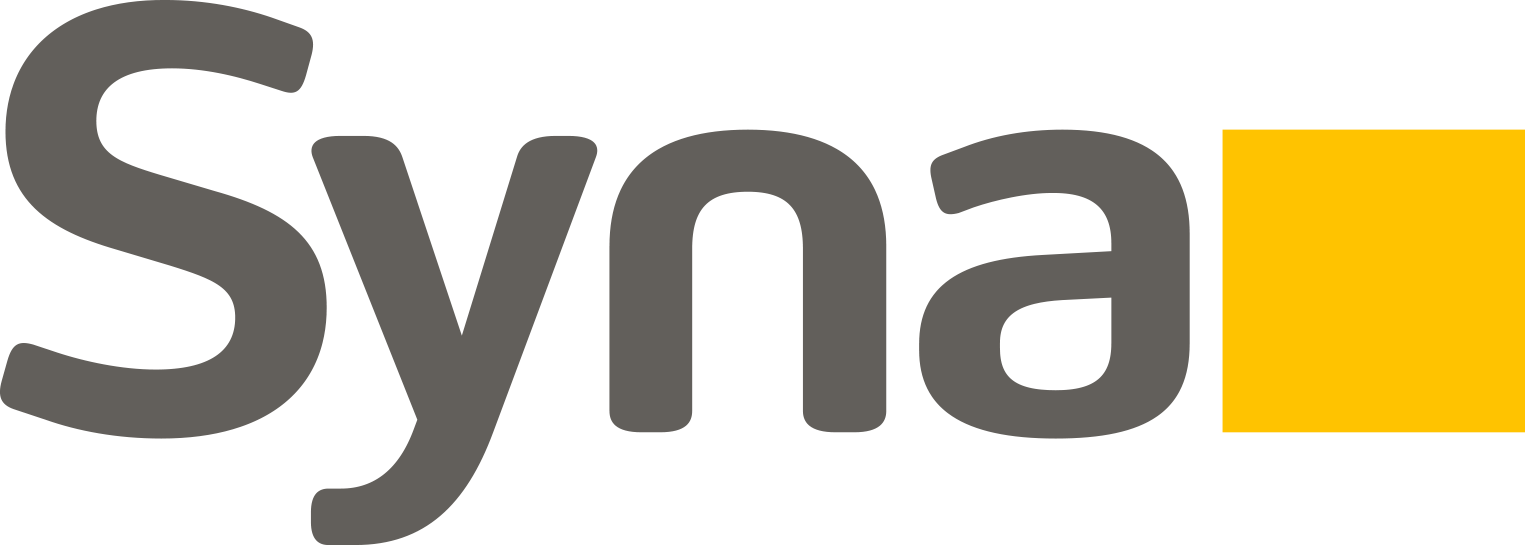
![[Translate to Englisch:] Telehouse Deutschland GmbH](/fileadmin/images/logos/Telehouse_Logo_transparent_CMYK_blau_ohne_slogan.png)
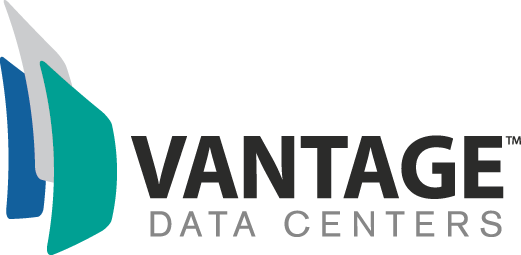
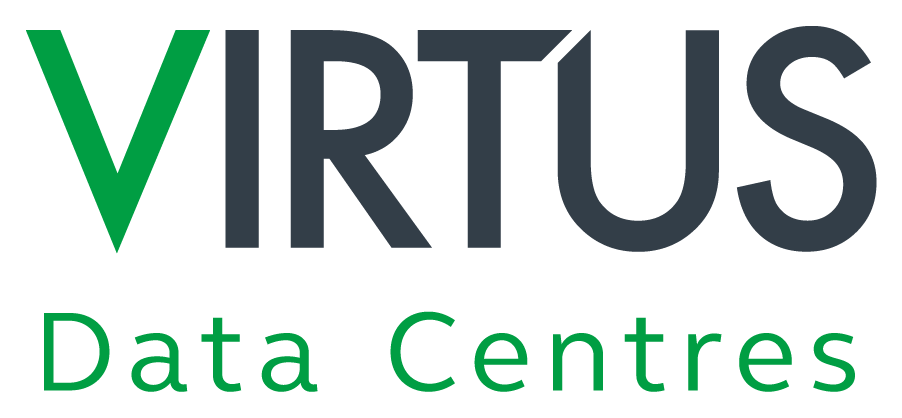


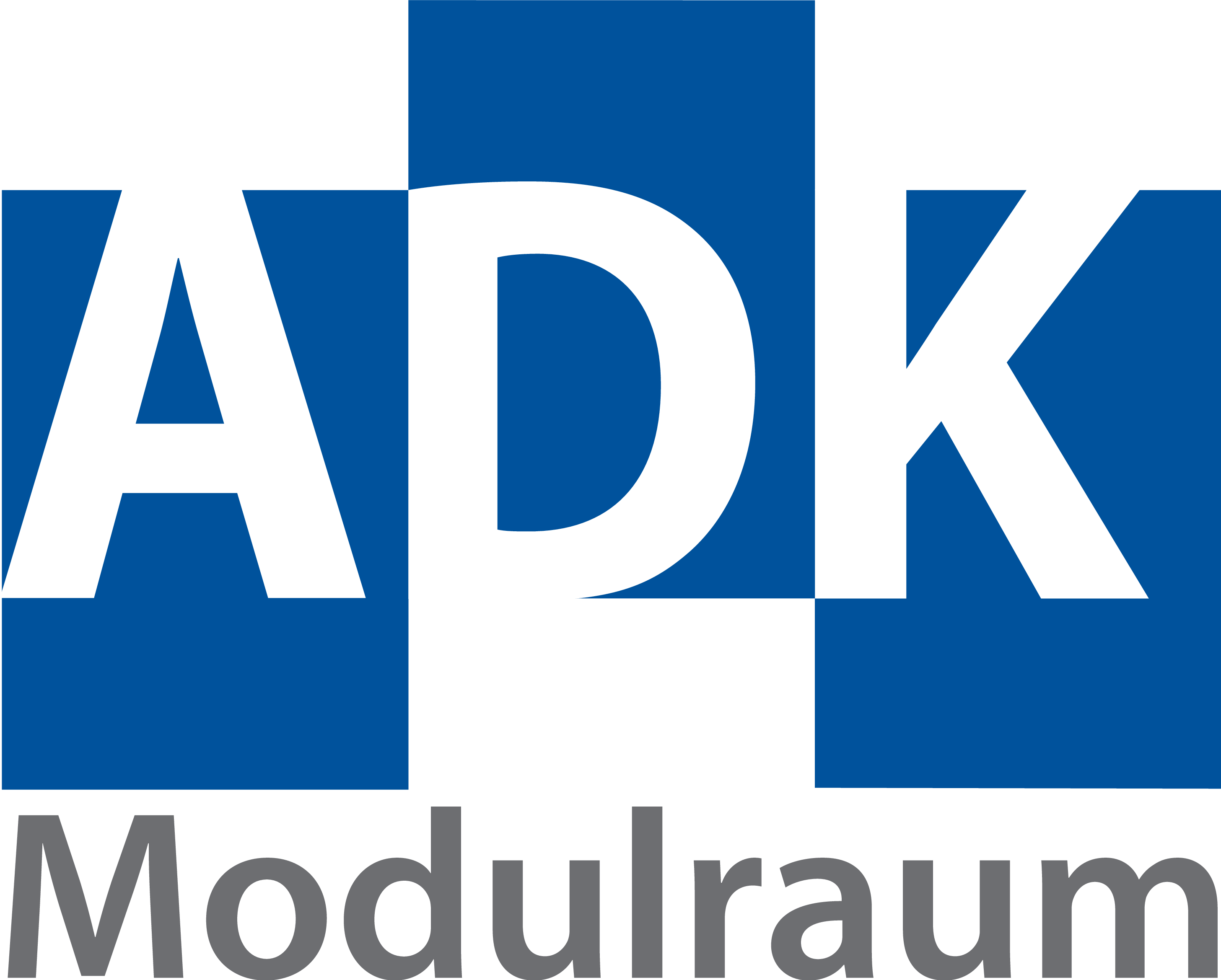
![[Translate to Englisch:] Adolf Lupp GmbH + Co. KG](/fileadmin/images/logos/Lupp-Logo.png)
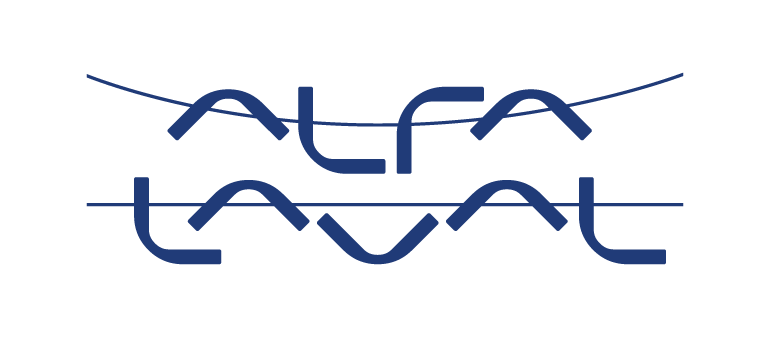


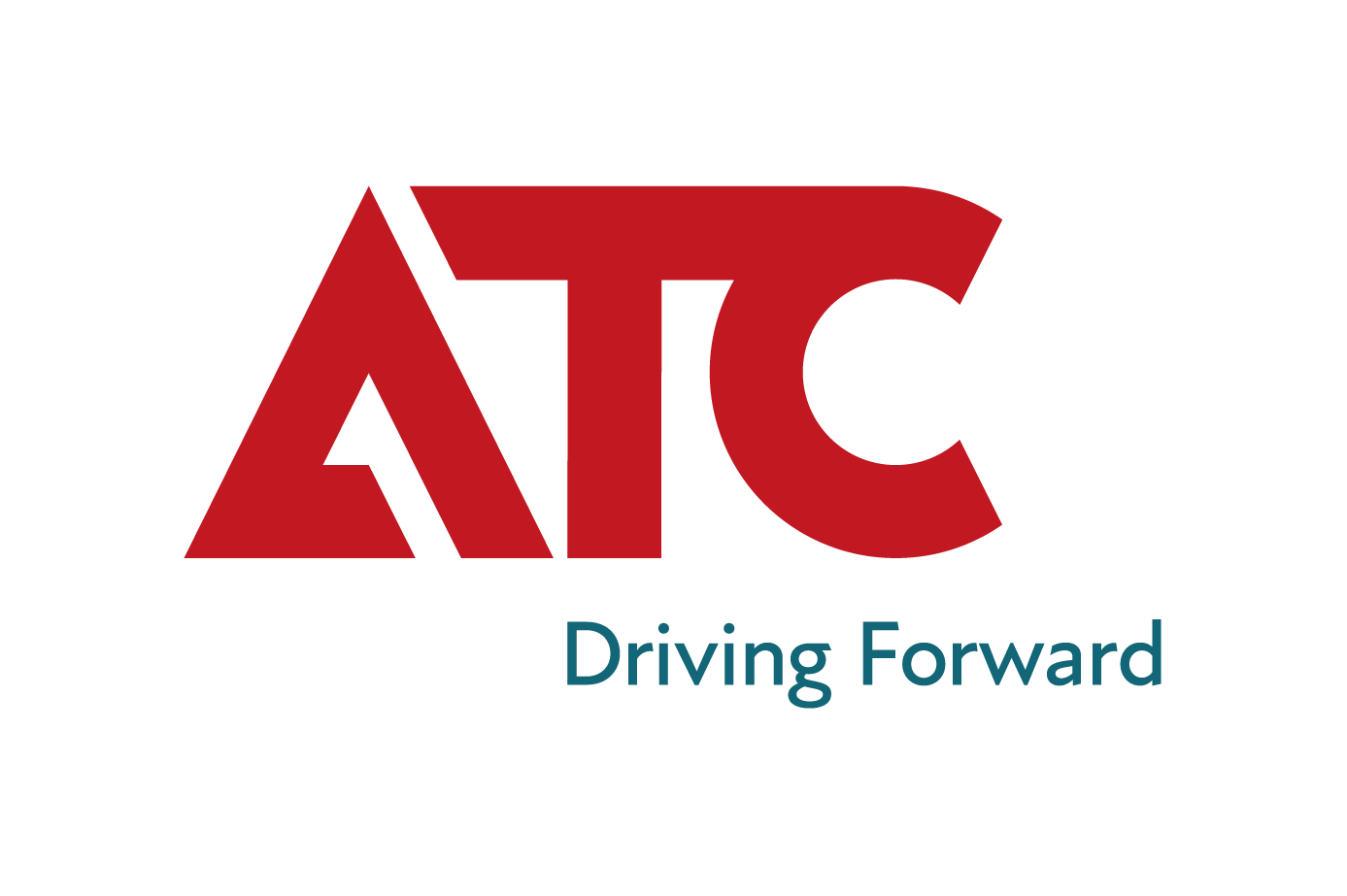
![[Translate to Englisch:] BCS](/fileadmin/images/logos/BCS_logo_RGB_Transparent.png)
![[Translate to Englisch:] Bennbrooke](/fileadmin/images/logos/logo_v3_hex_0085ad.png)

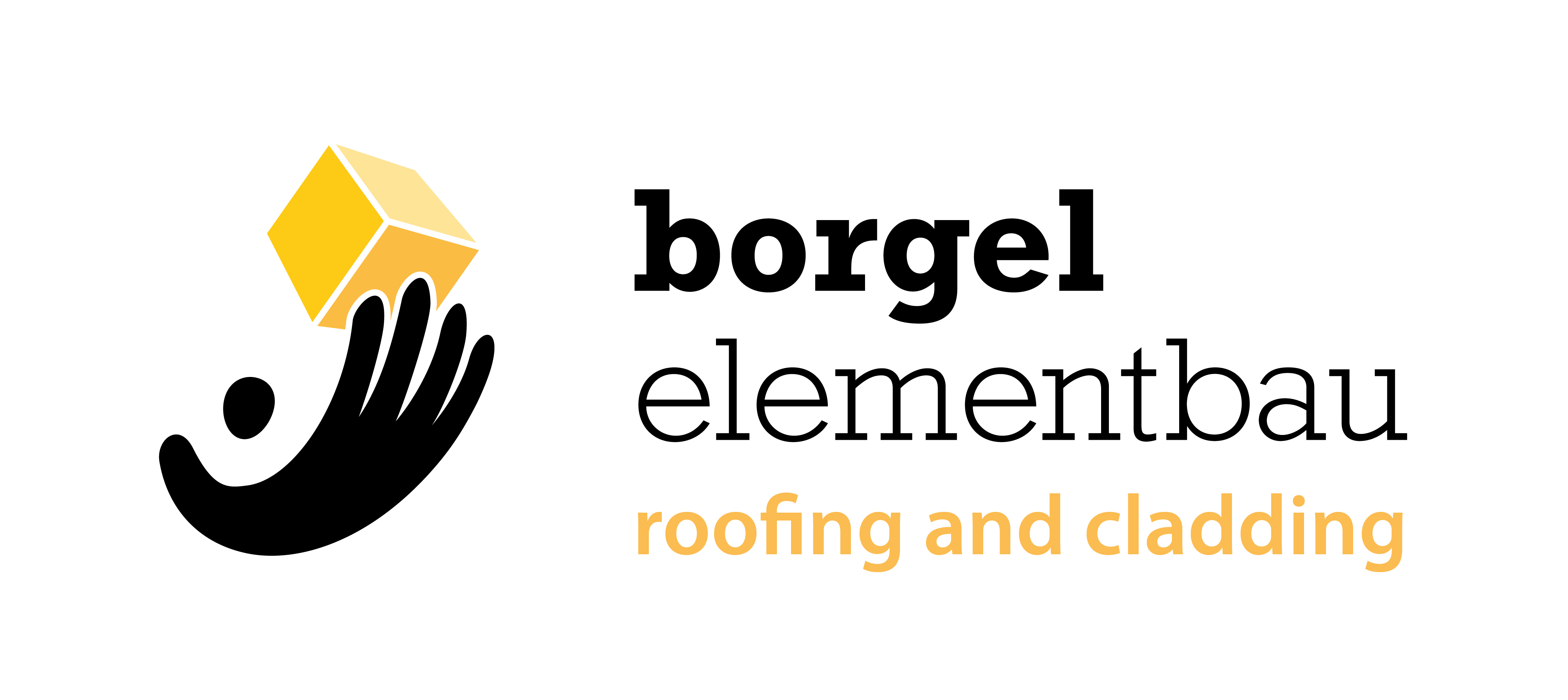
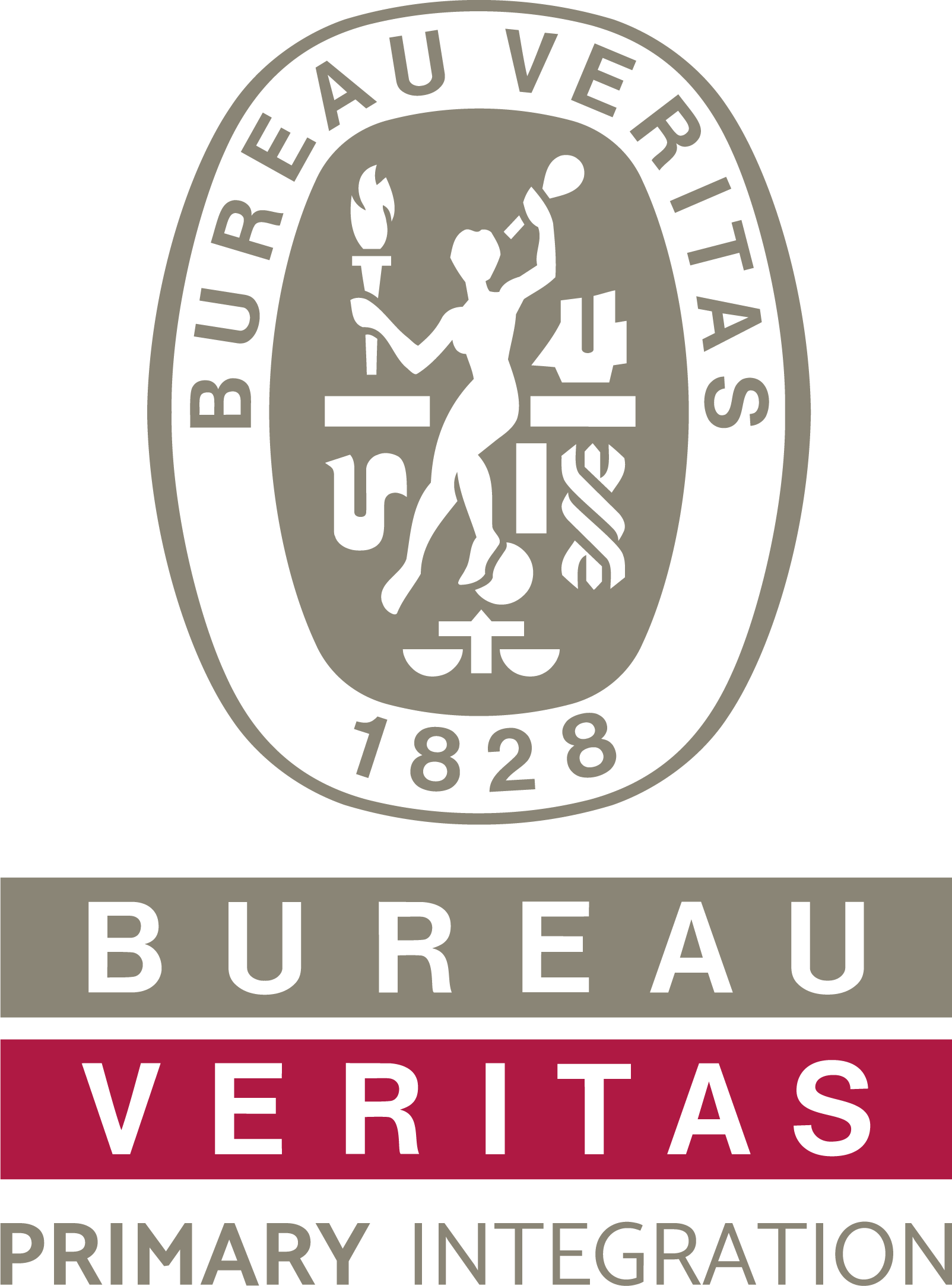
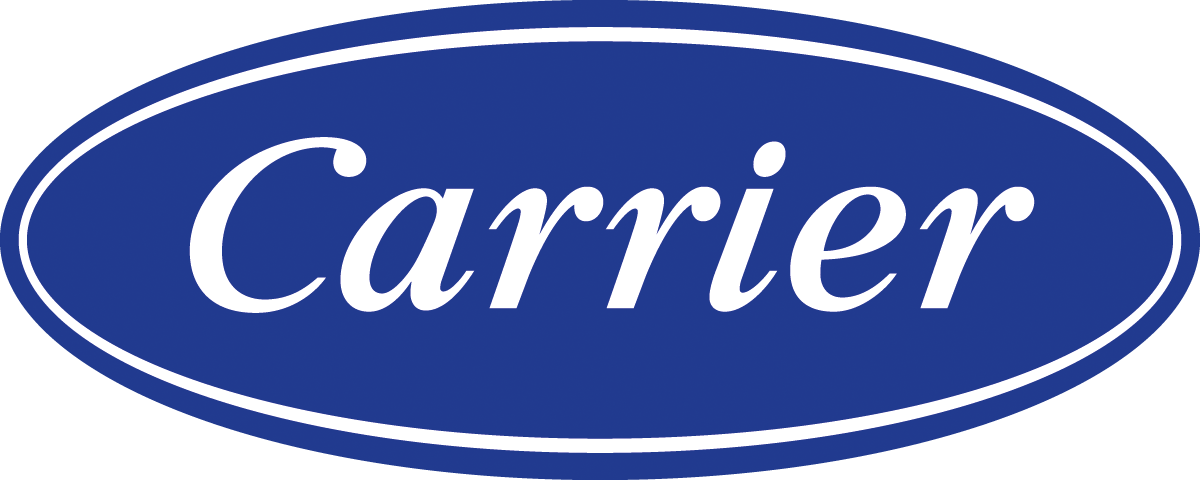




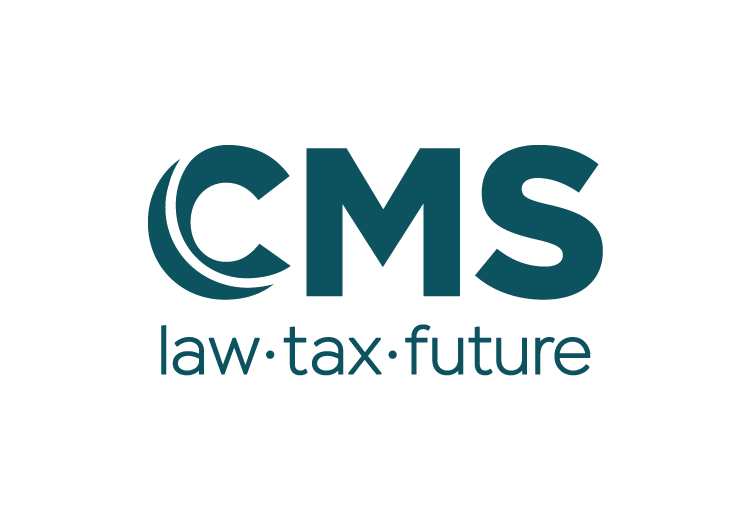
![[Translate to Englisch:] contagi DIGITAL IMPACT GROUP GmbH](/fileadmin/images/logos/contagi_logo.png)
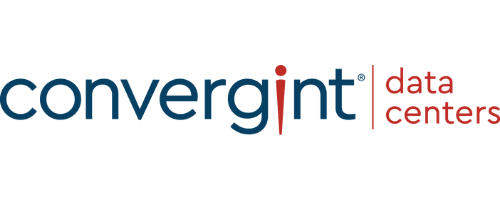
![[Translate to Englisch:] COOLtec Systems GmbH](/fileadmin/images/logos/__COOLtec-Logo-farbig.png)




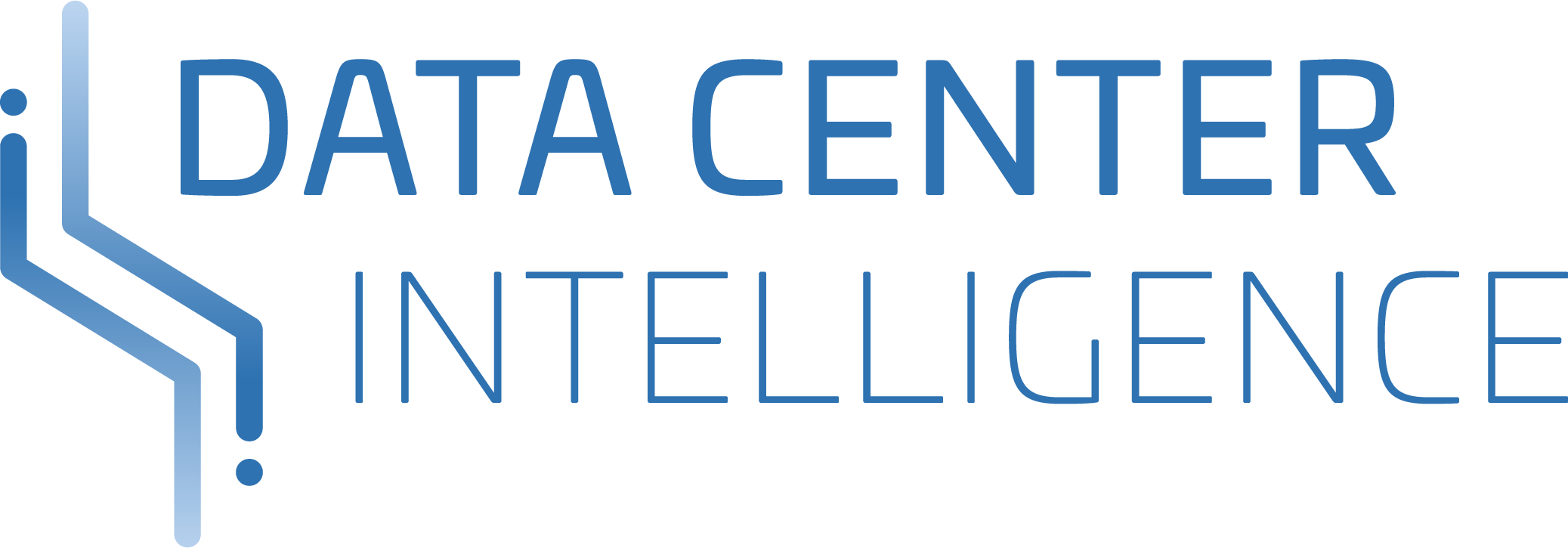

![[Translate to Englisch:] DEIF GmbH](/fileadmin/images/logos/DEIF__color_.jpg)
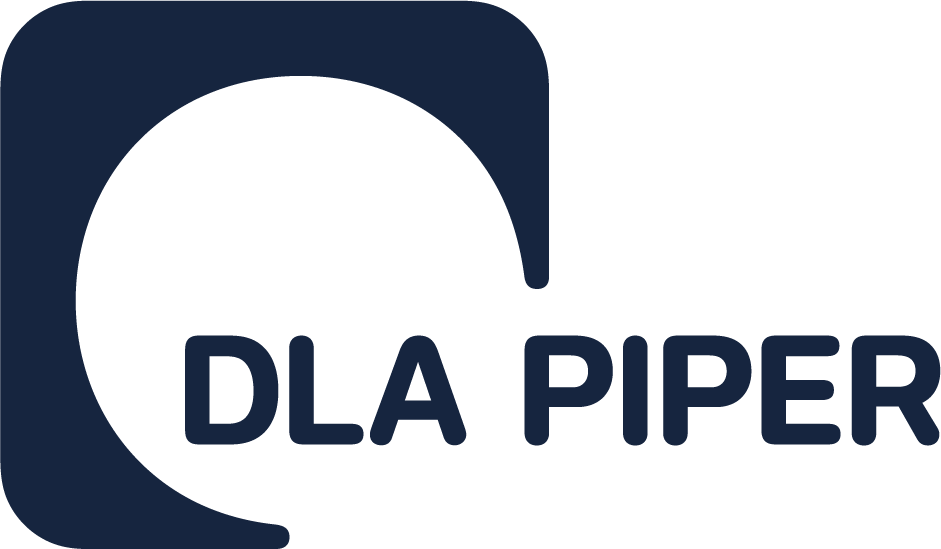
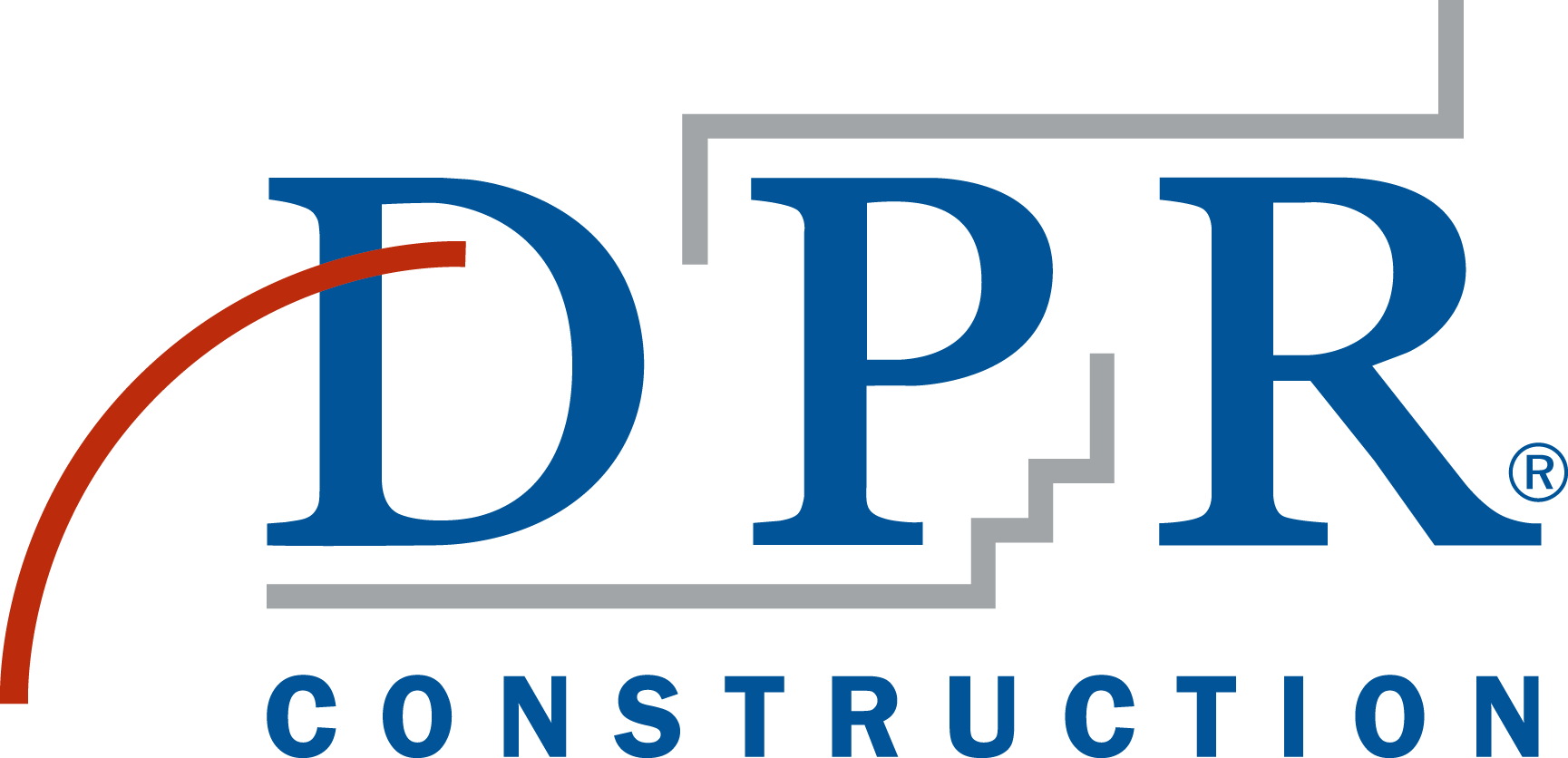
![[Translate to Englisch:] Drees & Sommer](/fileadmin/images/logos/DS_blau.png)


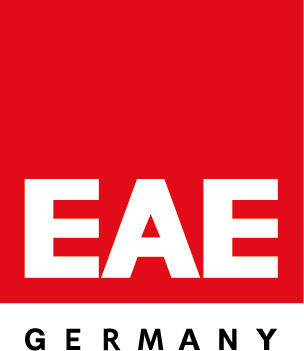
![[Translate to Englisch:] Eaton Electric GmbH](/fileadmin/images/logos/Eaton_Logo.png)




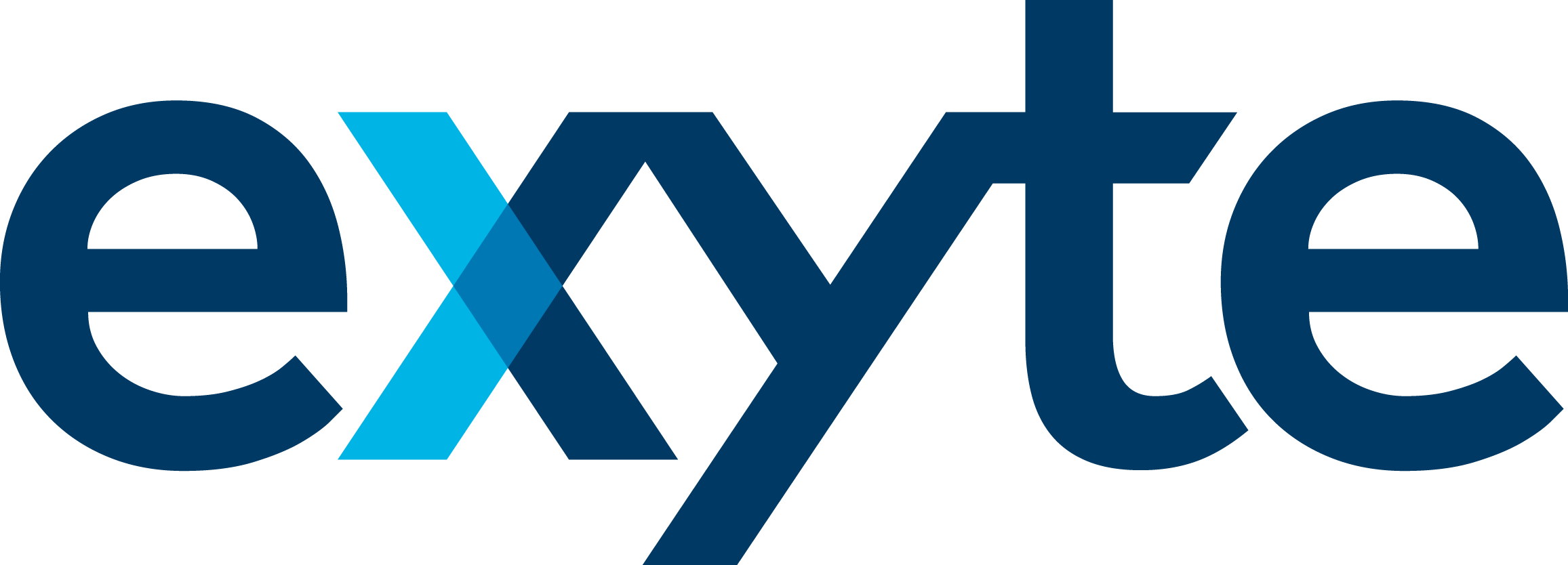
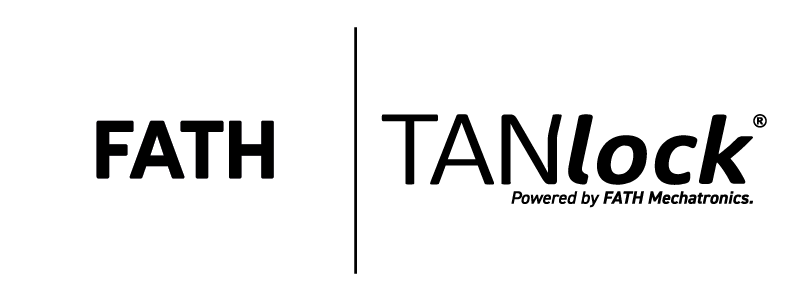





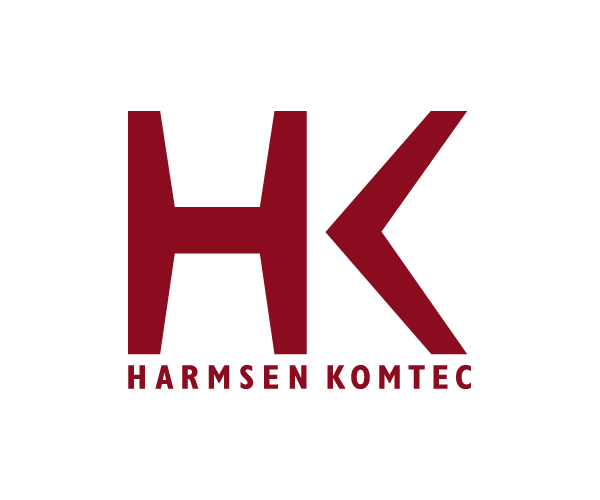

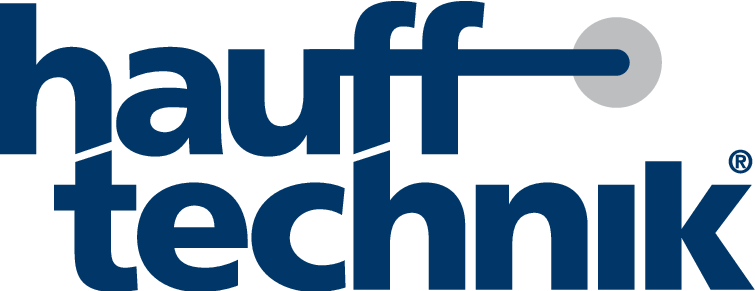








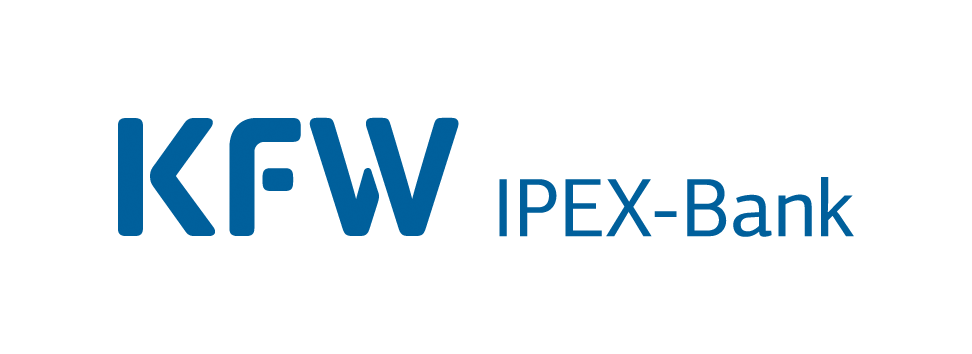









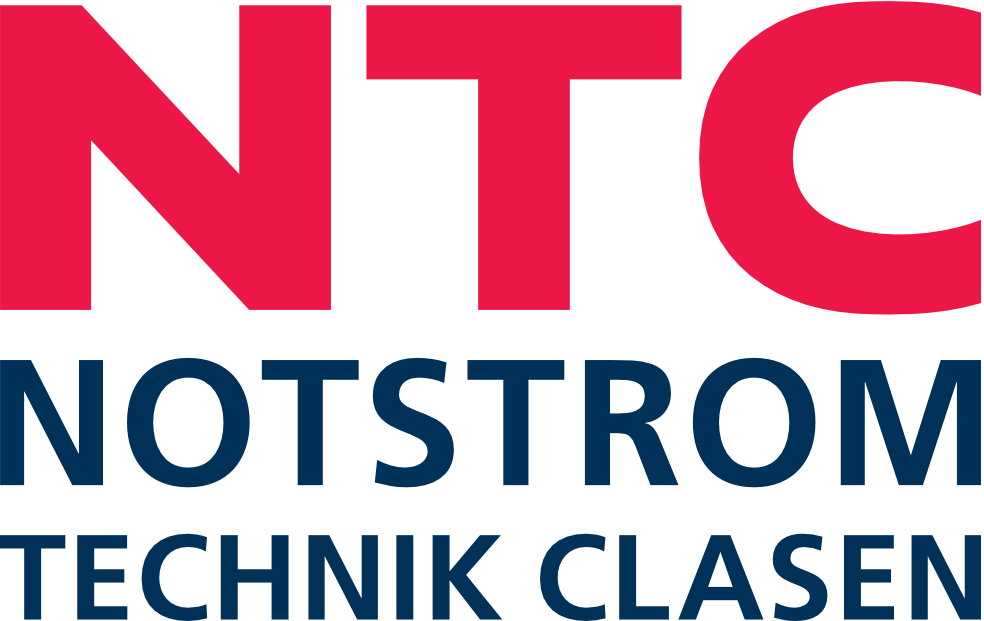
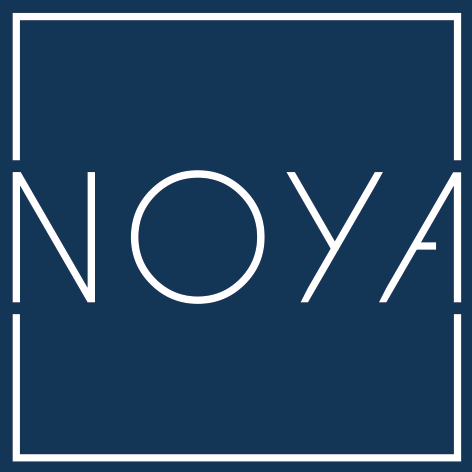

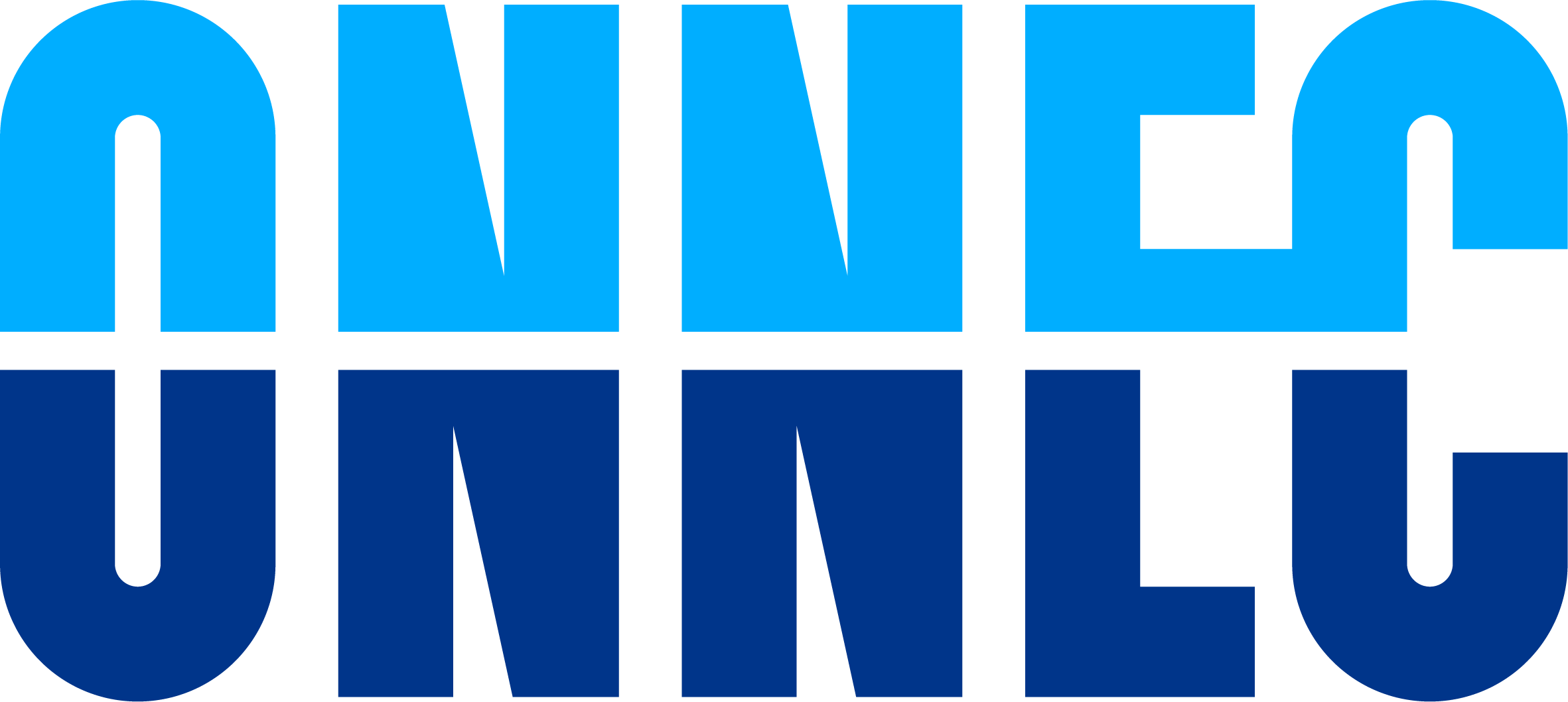




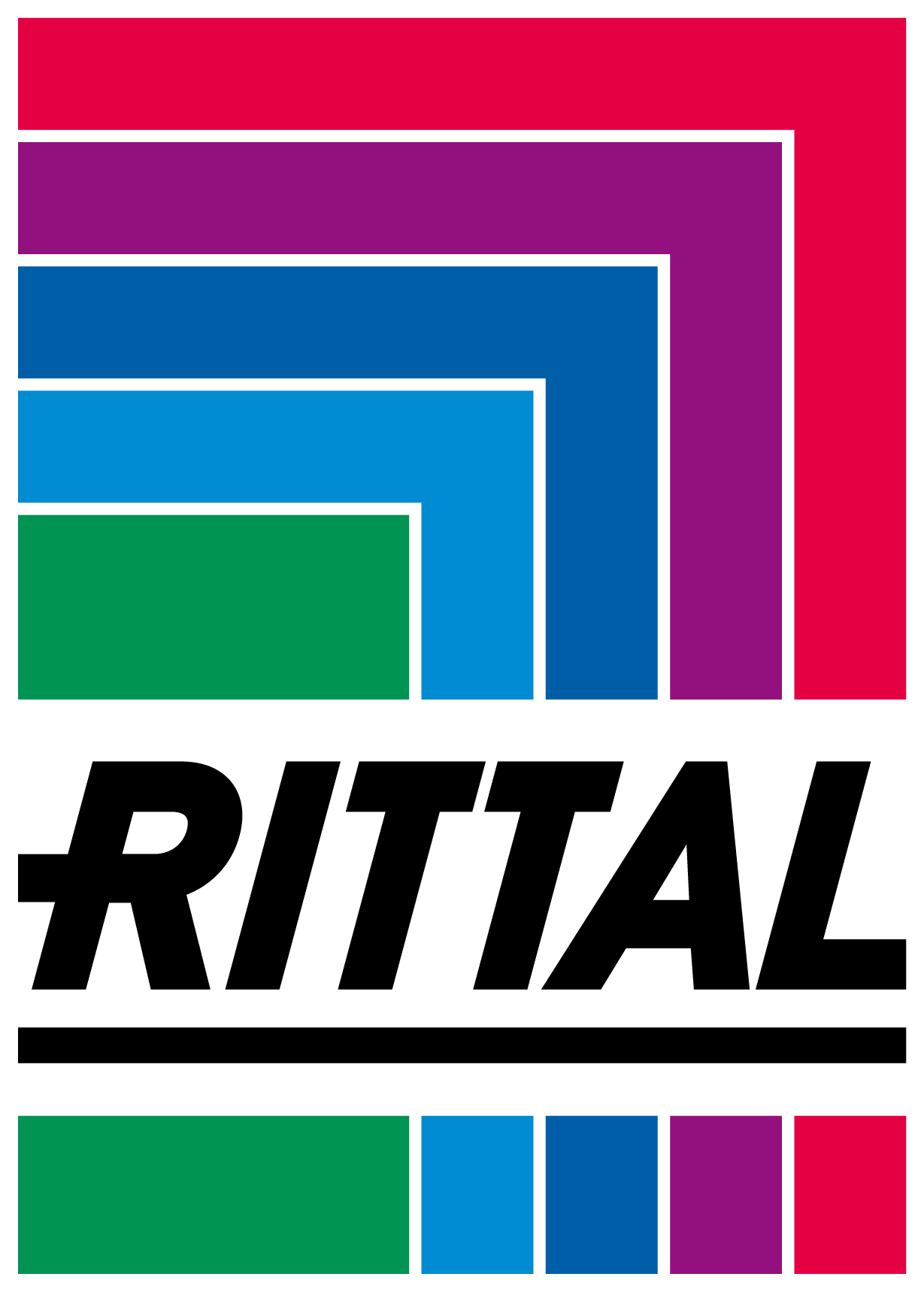

![[Translate to Englisch:] Robert Bosch GmbH](/fileadmin/images/logos/Bosch_symbol_logo_black_red.svg)
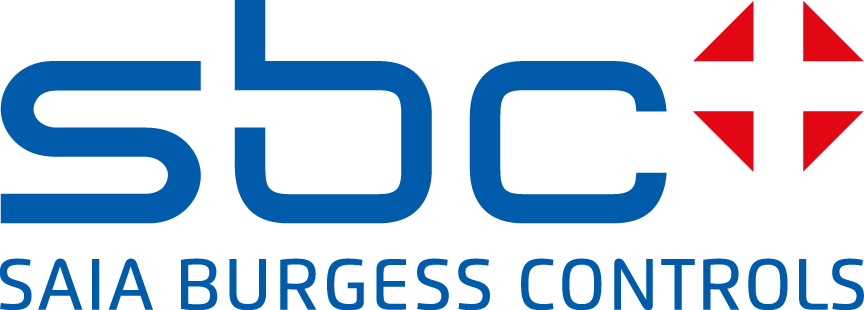


![[Translate to Englisch:] SGB-SMIT GmbH](/fileadmin/images/logos/SGB_SMIT_Logo_CMYK.png)

![[Translate to Englisch:] Sims Lifecycle Services](/fileadmin/images/logos/SLS_RGB.png)
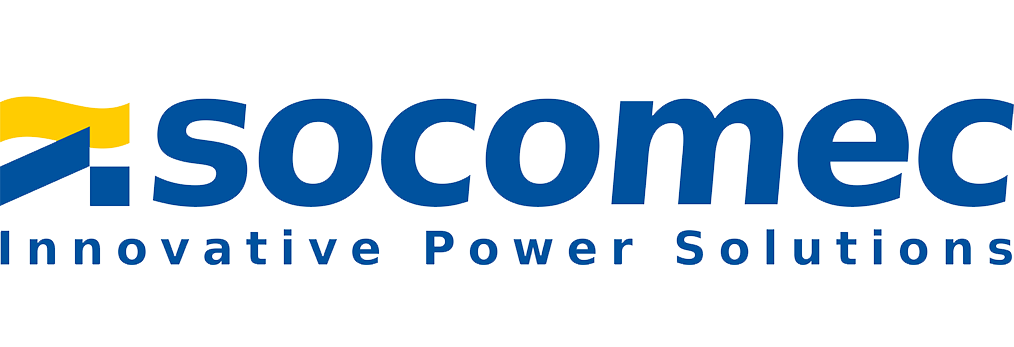
![[Translate to Englisch:] SPIE Deutschland und Zentraleuropa – Planen & Bauen](/fileadmin/images/logos/Planen-_-Bauen-GmbH.png)
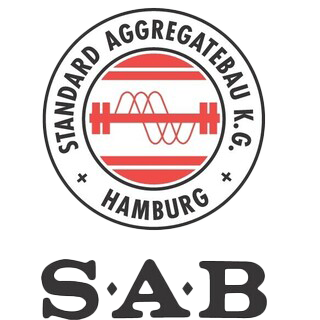
![[Translate to Englisch:] Stengel GmbH](/fileadmin/images/logos/Stengel_it.svg)
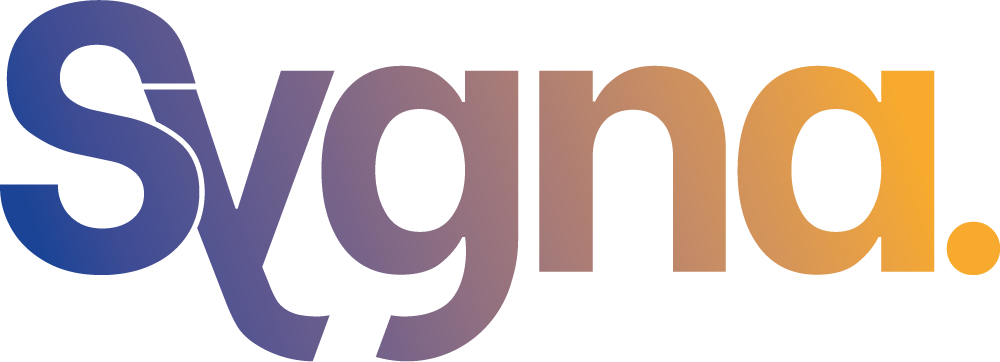


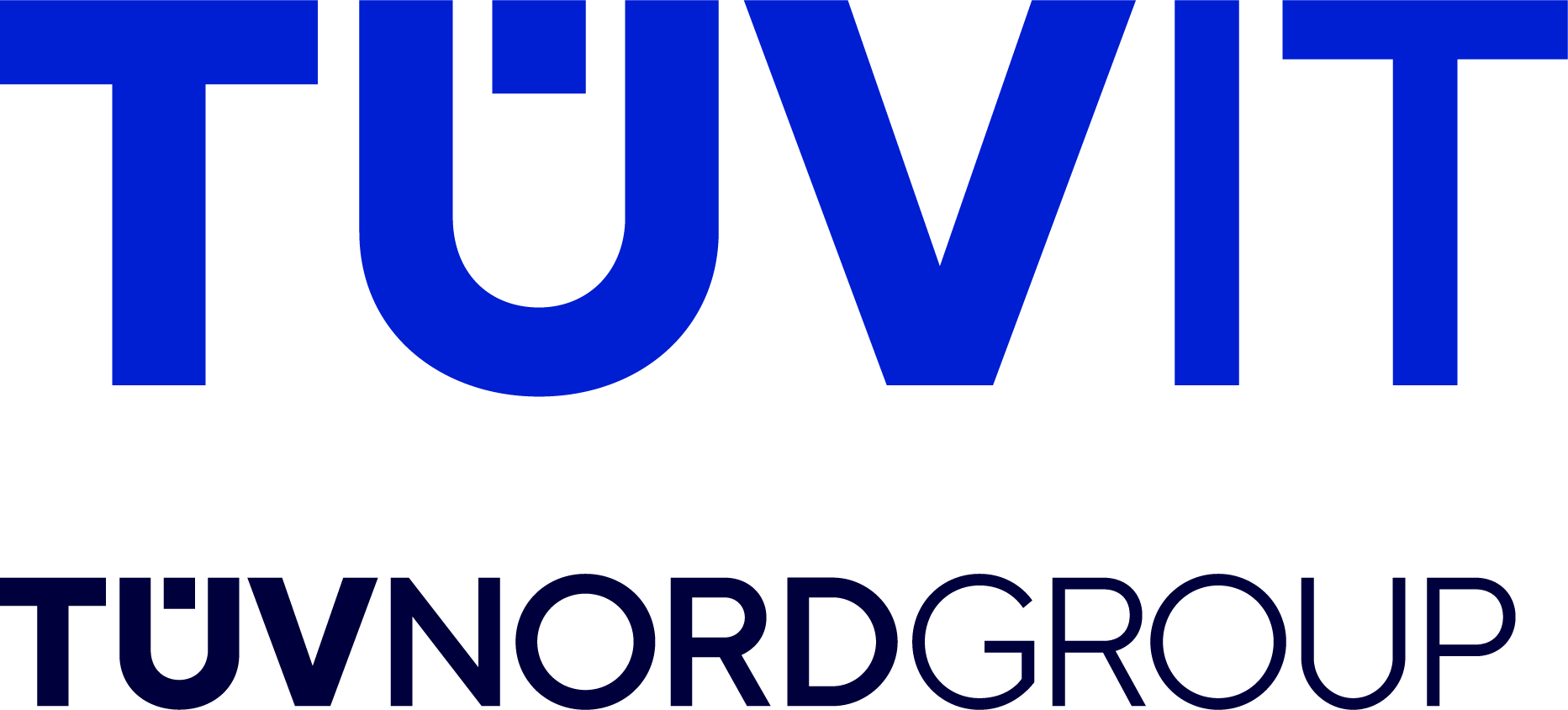
![[Translate to Englisch:] Vertiv](/fileadmin/images/logos/ver_logo_tm_vrt_rgb_blk.png)
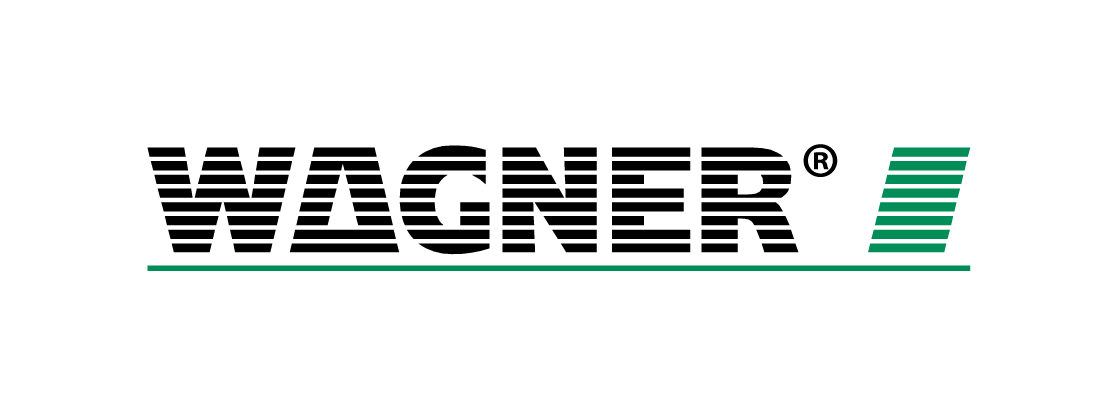




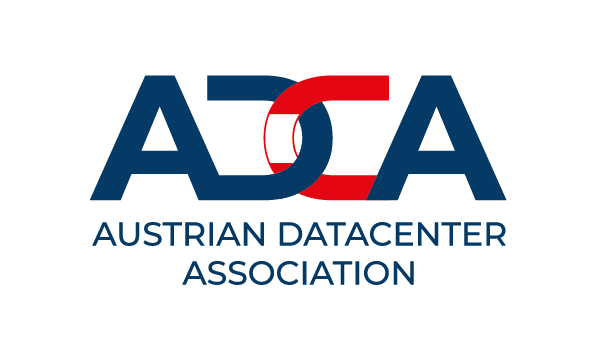






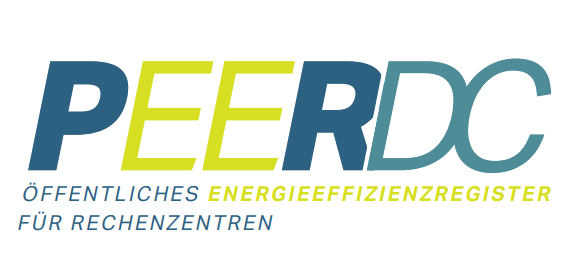



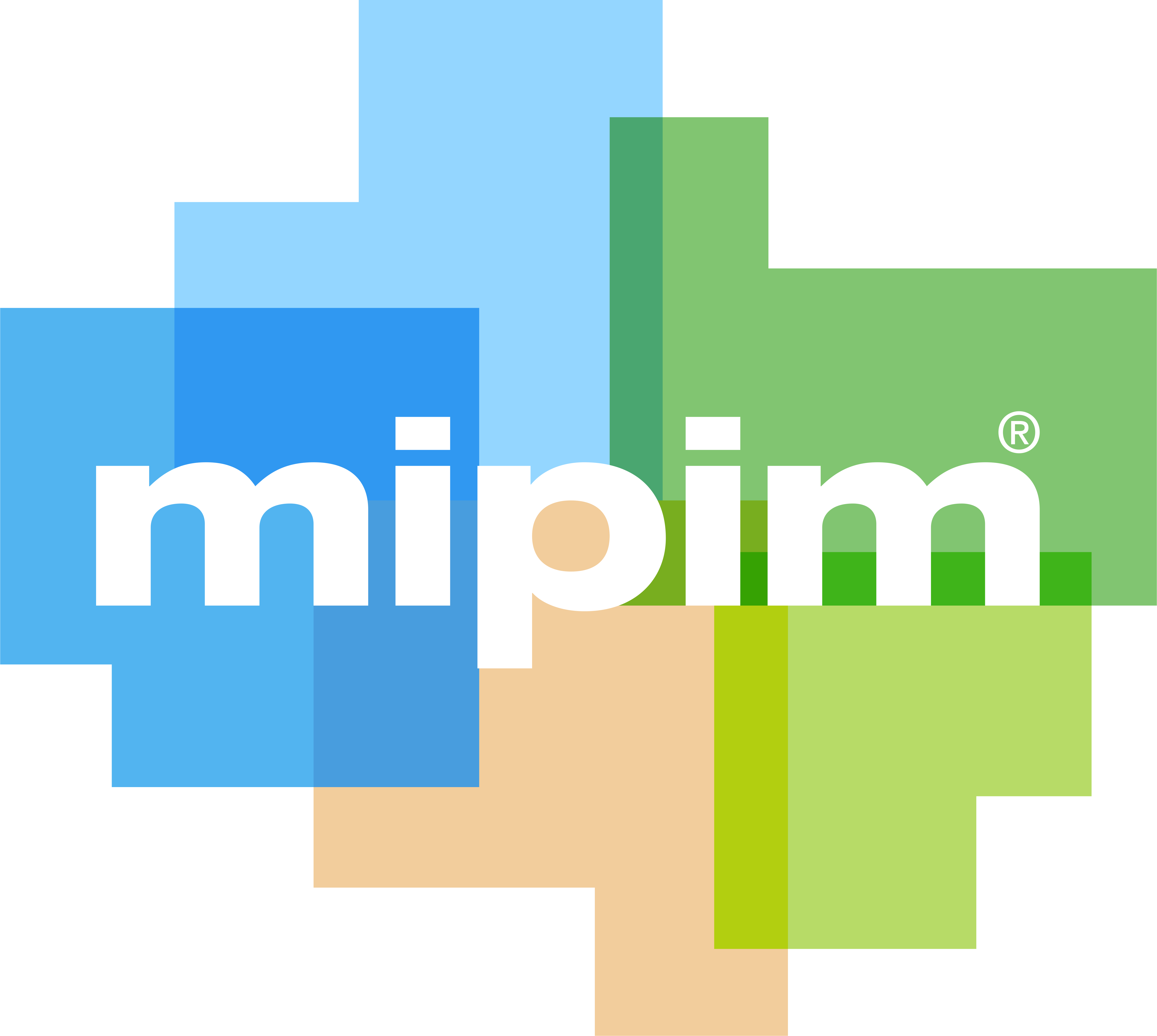
![[Translate to Englisch:] Targa Communications Targa Communications](/fileadmin/images/logos/targa_start_r-g.svg)